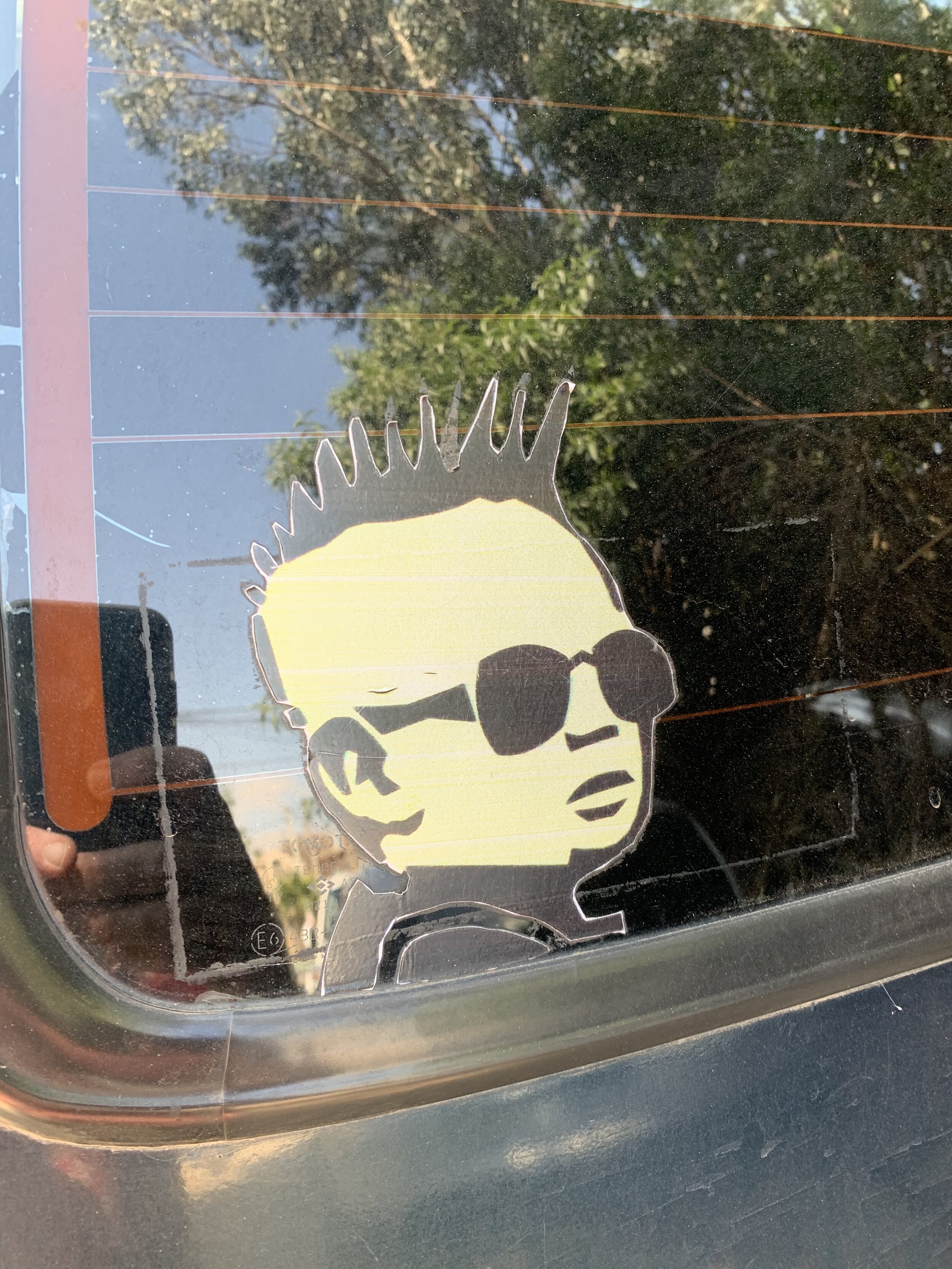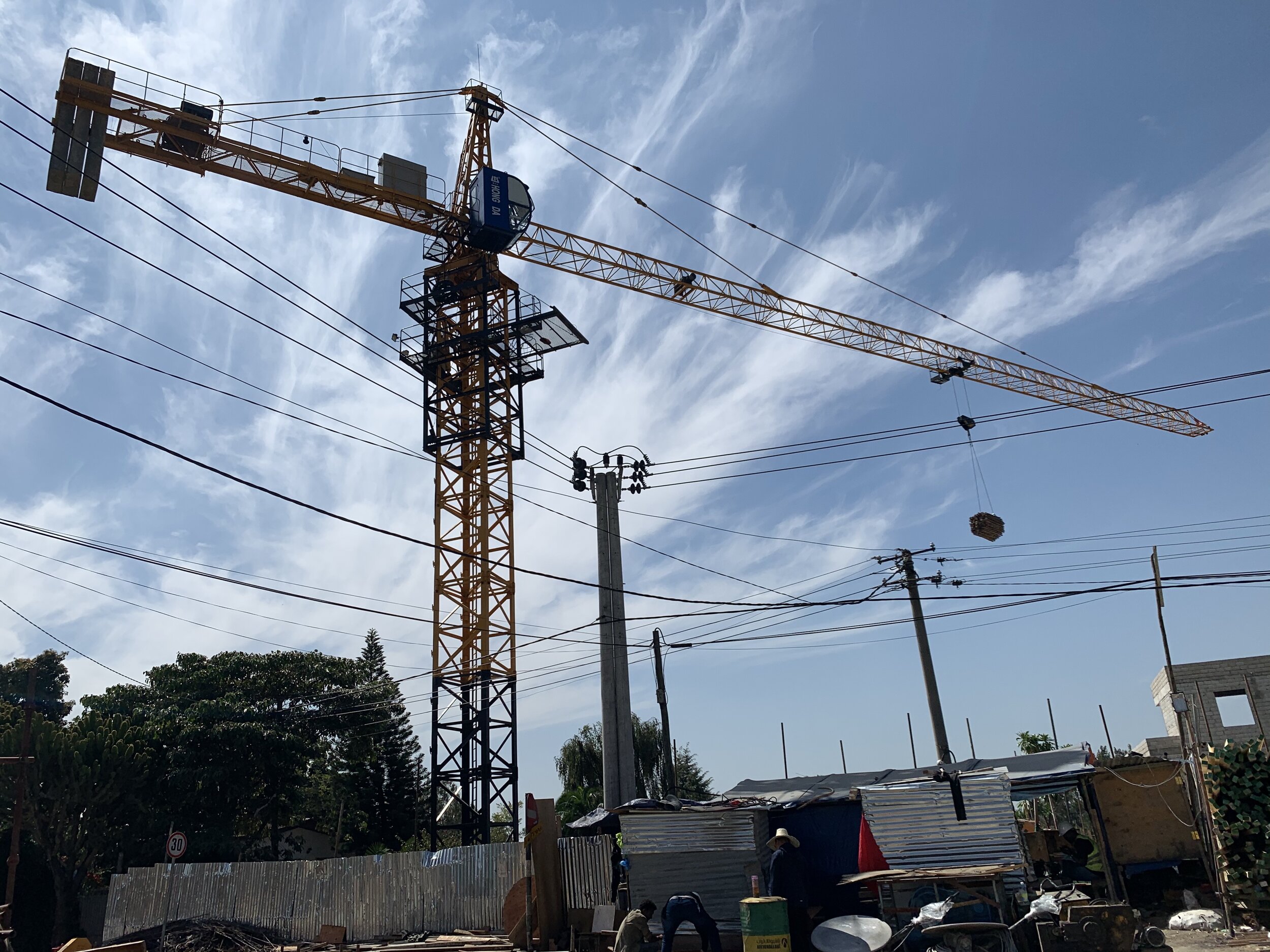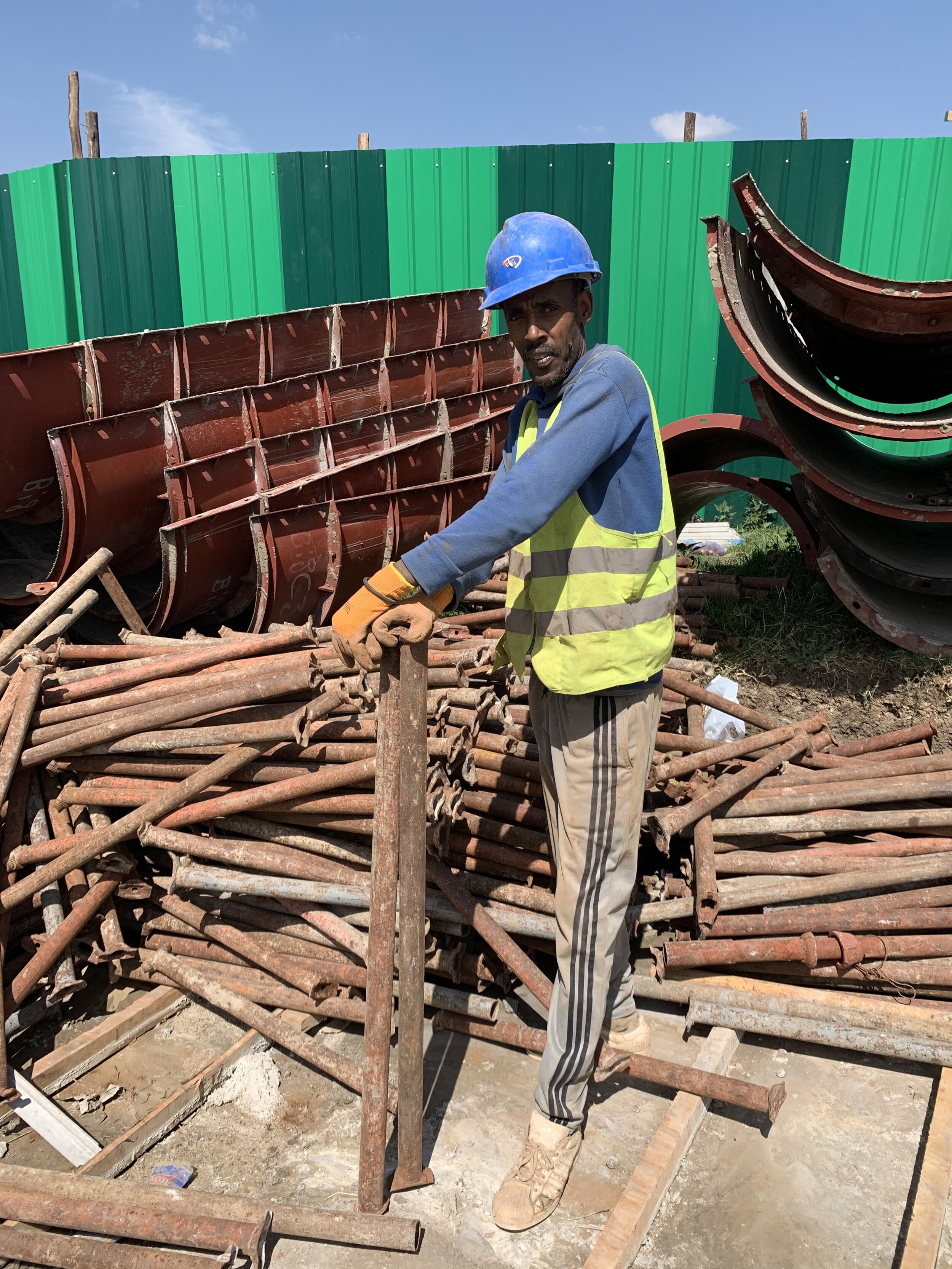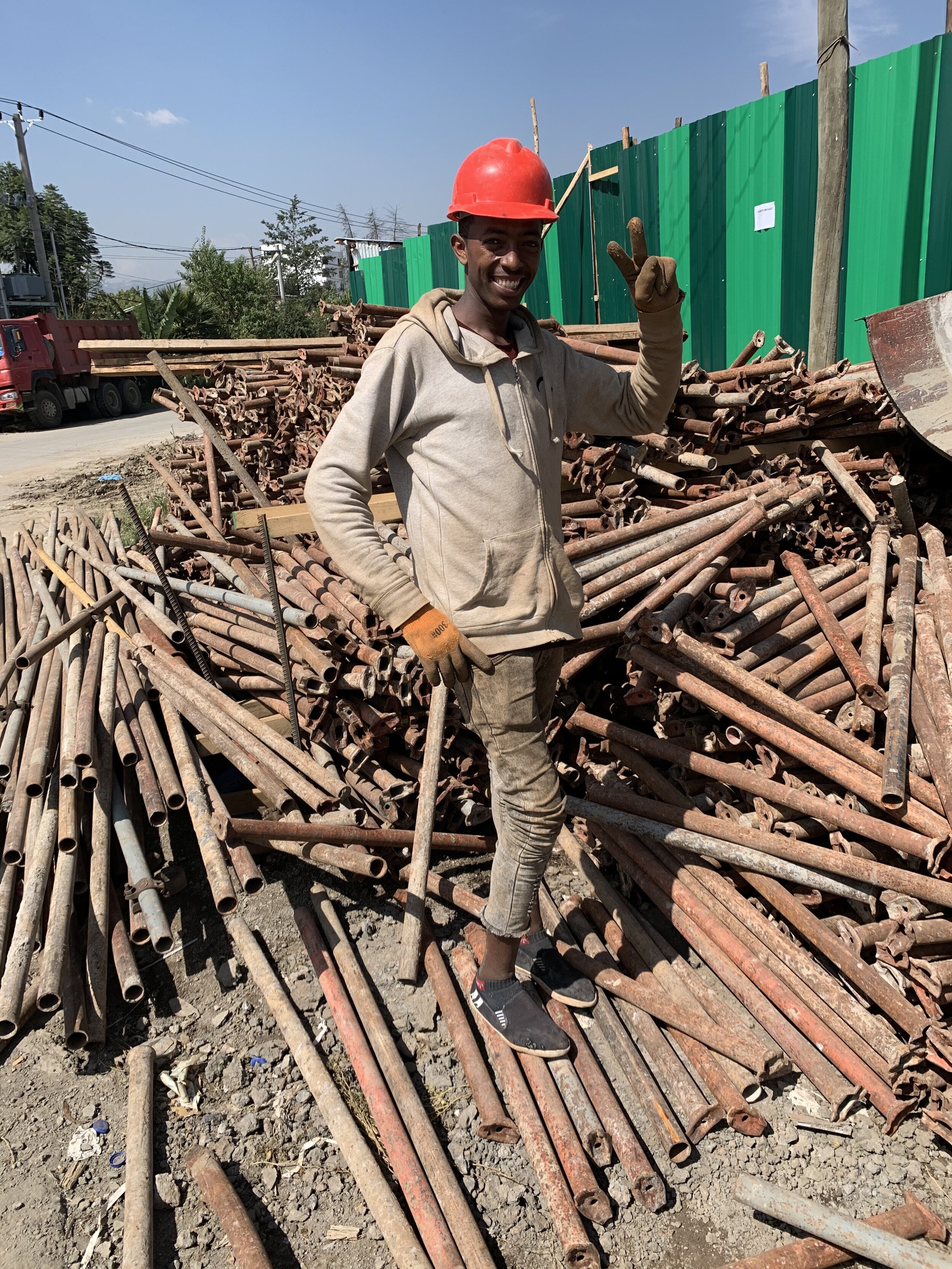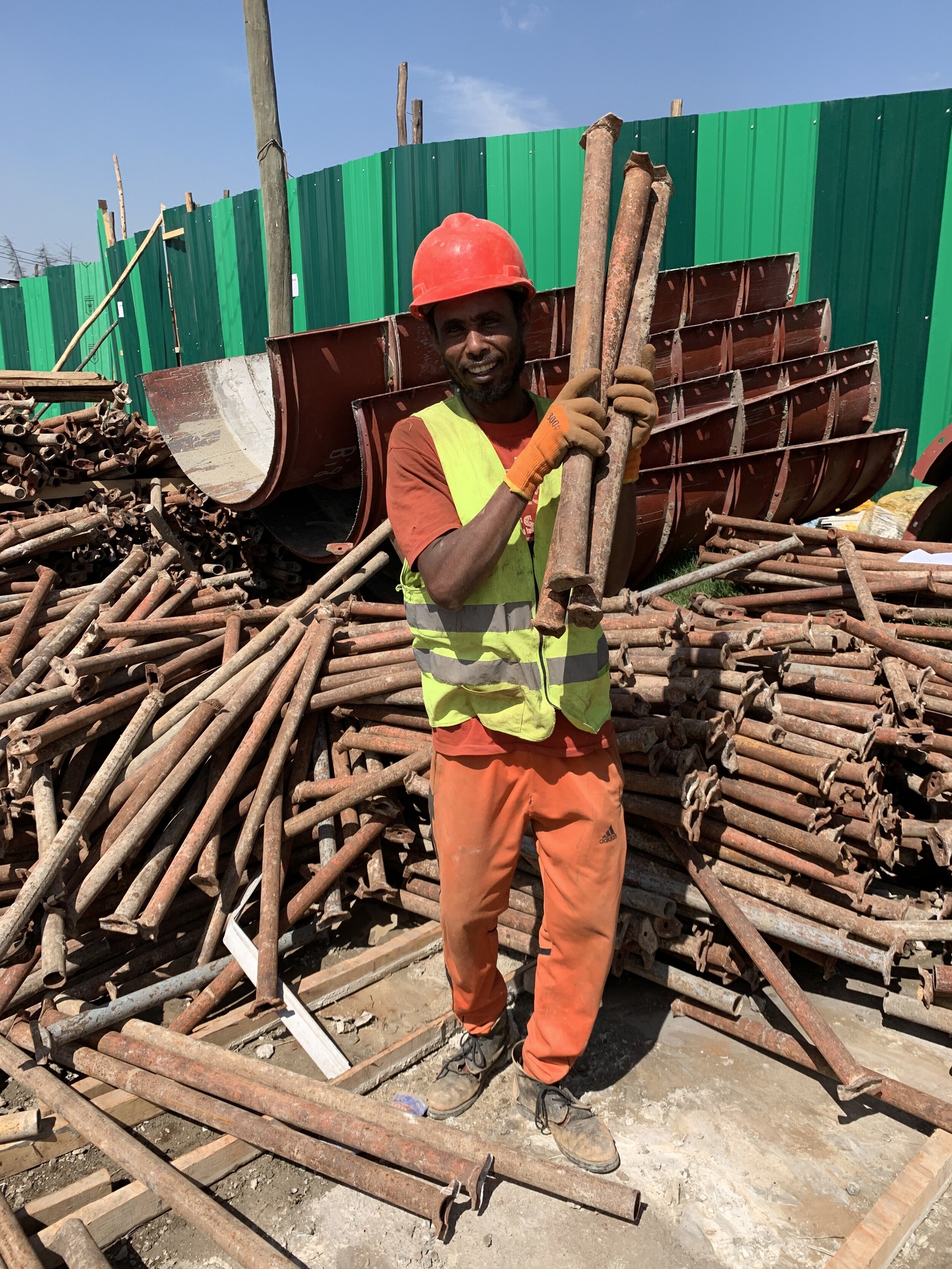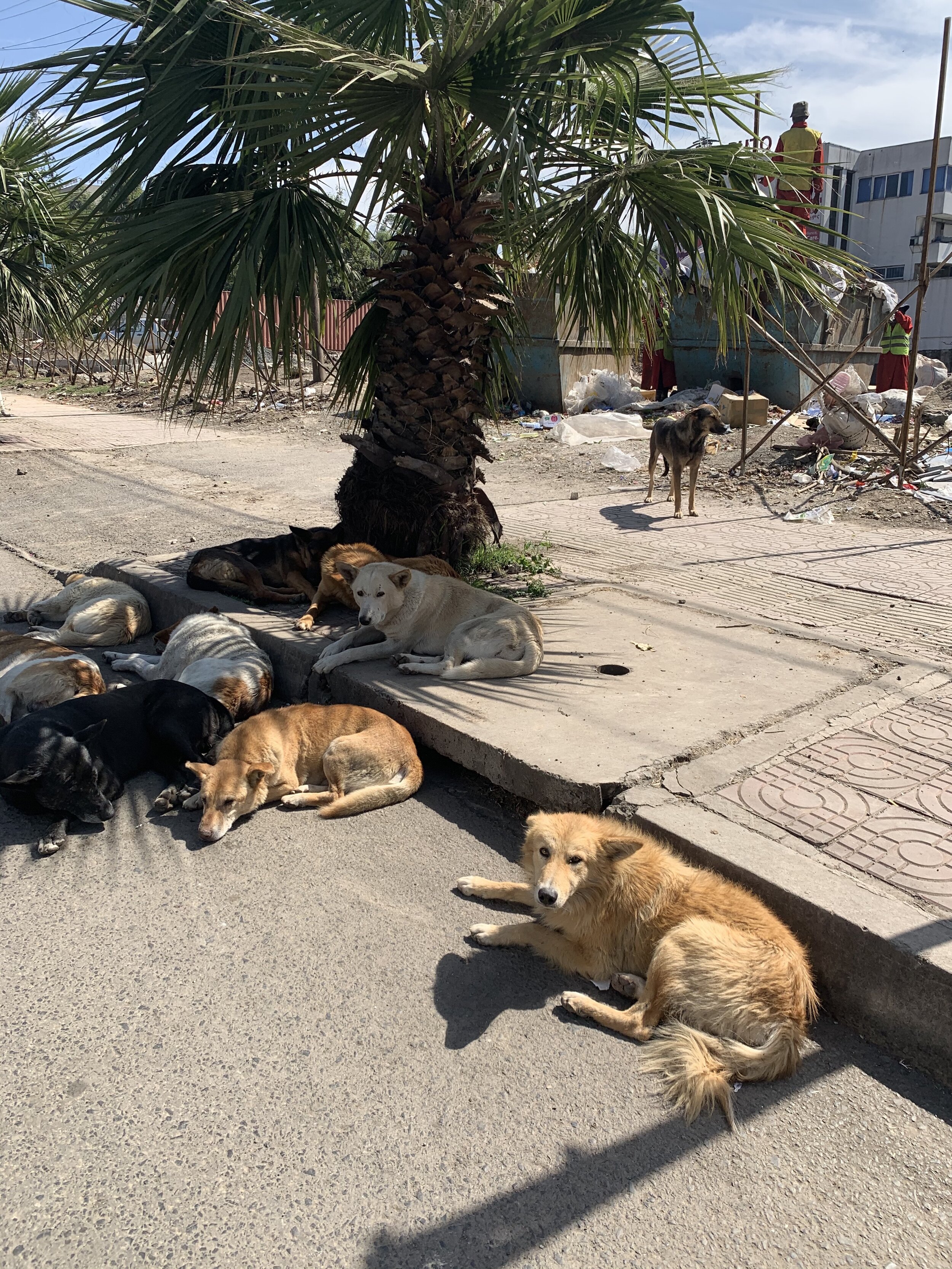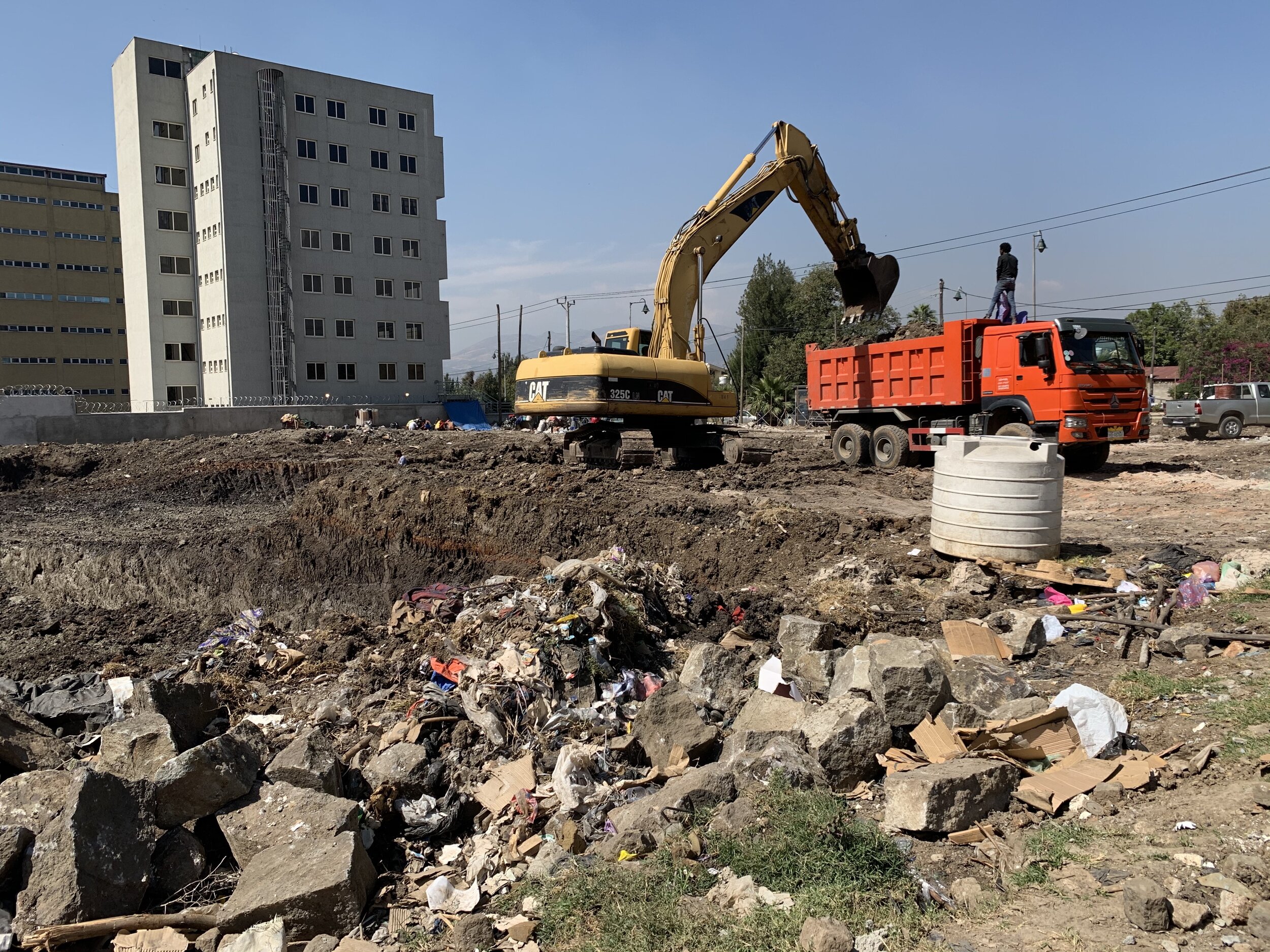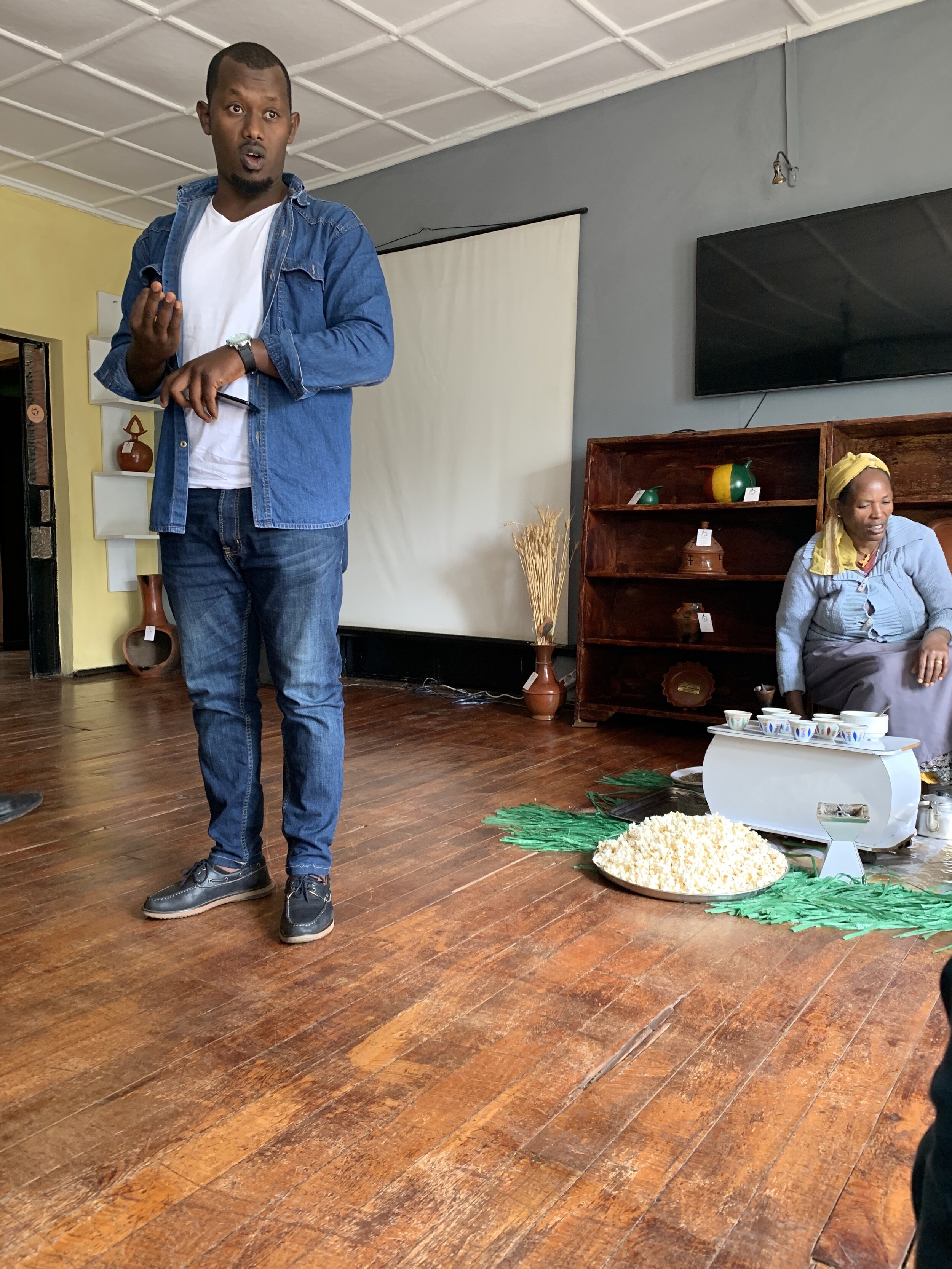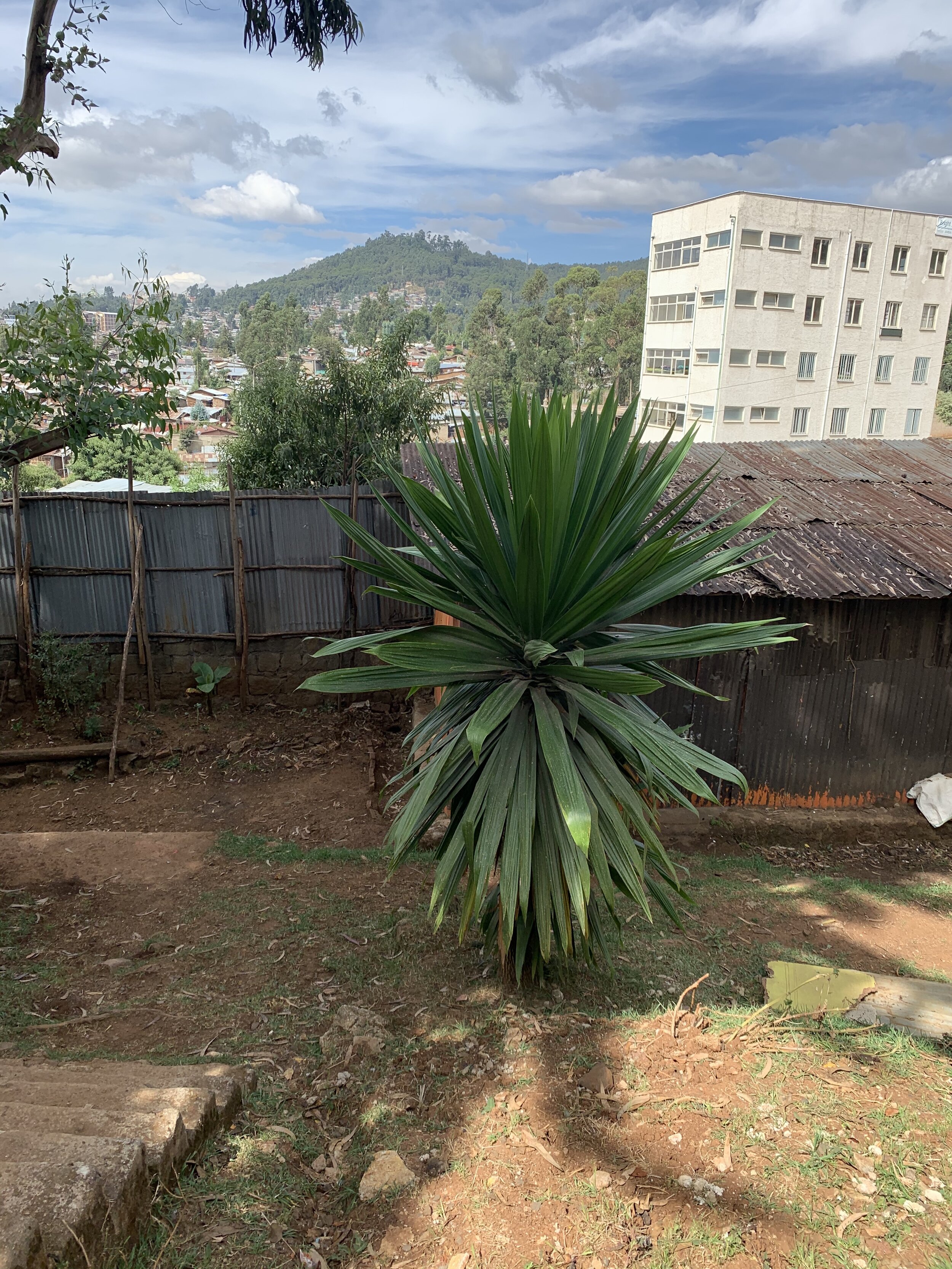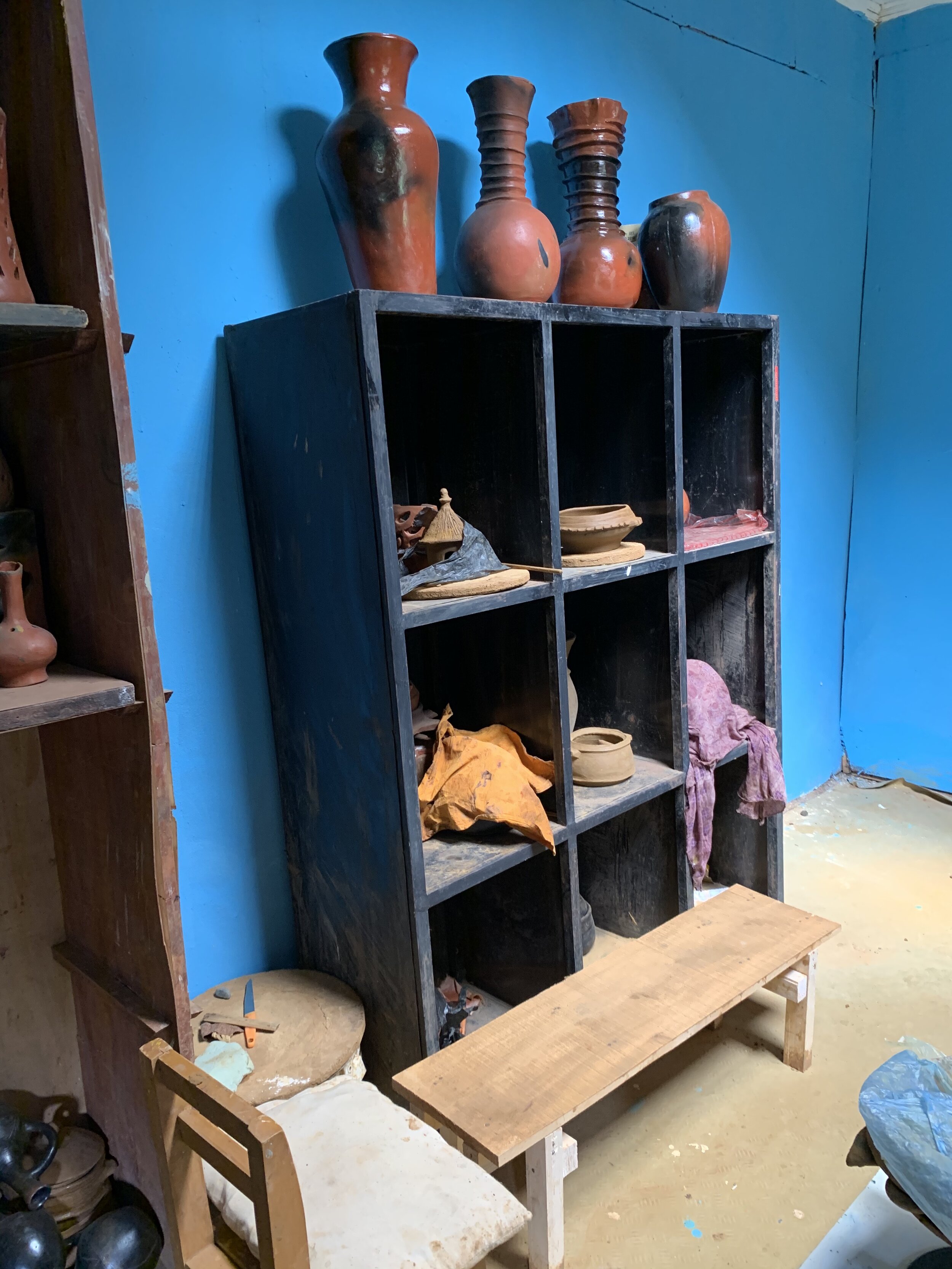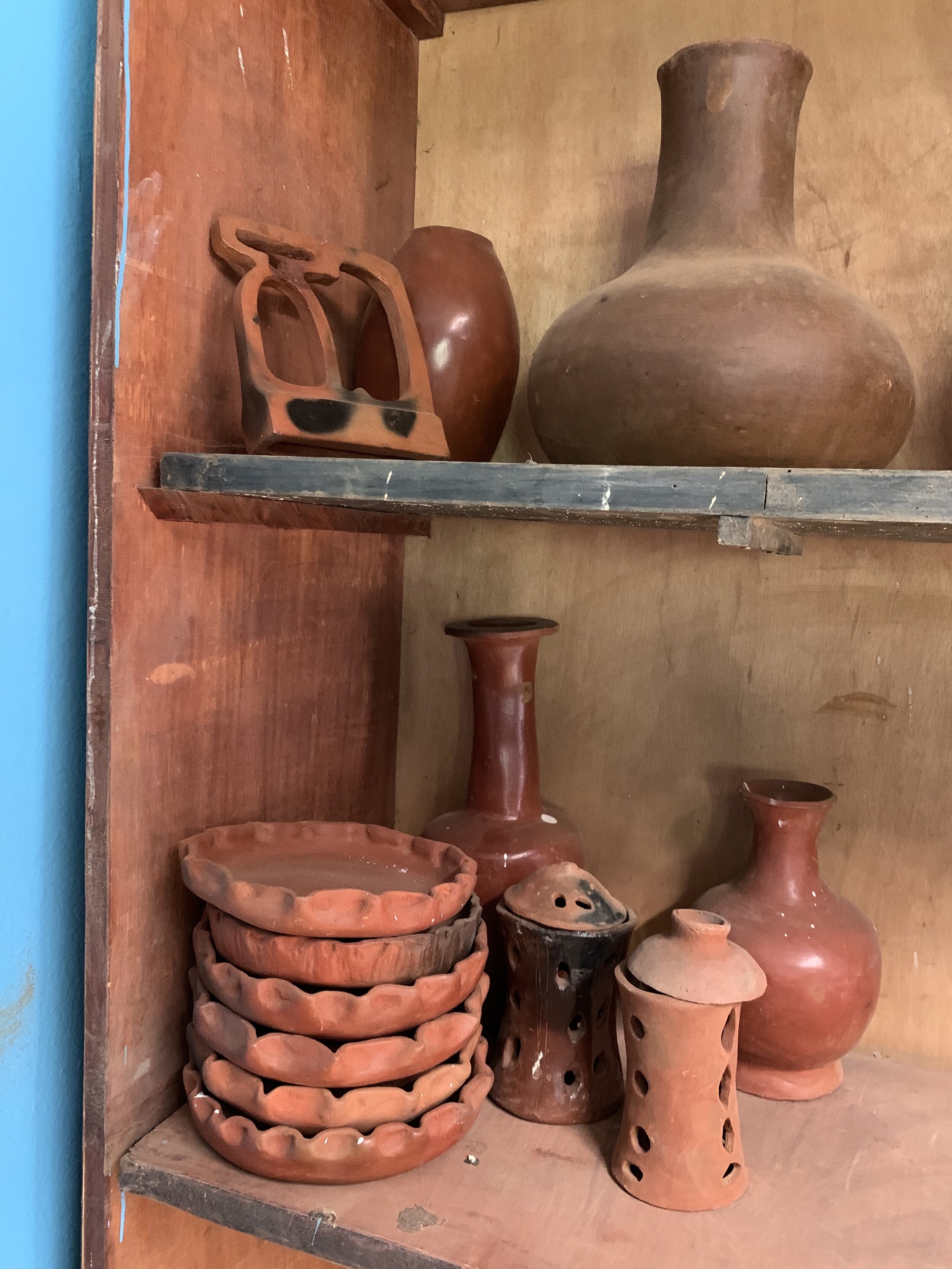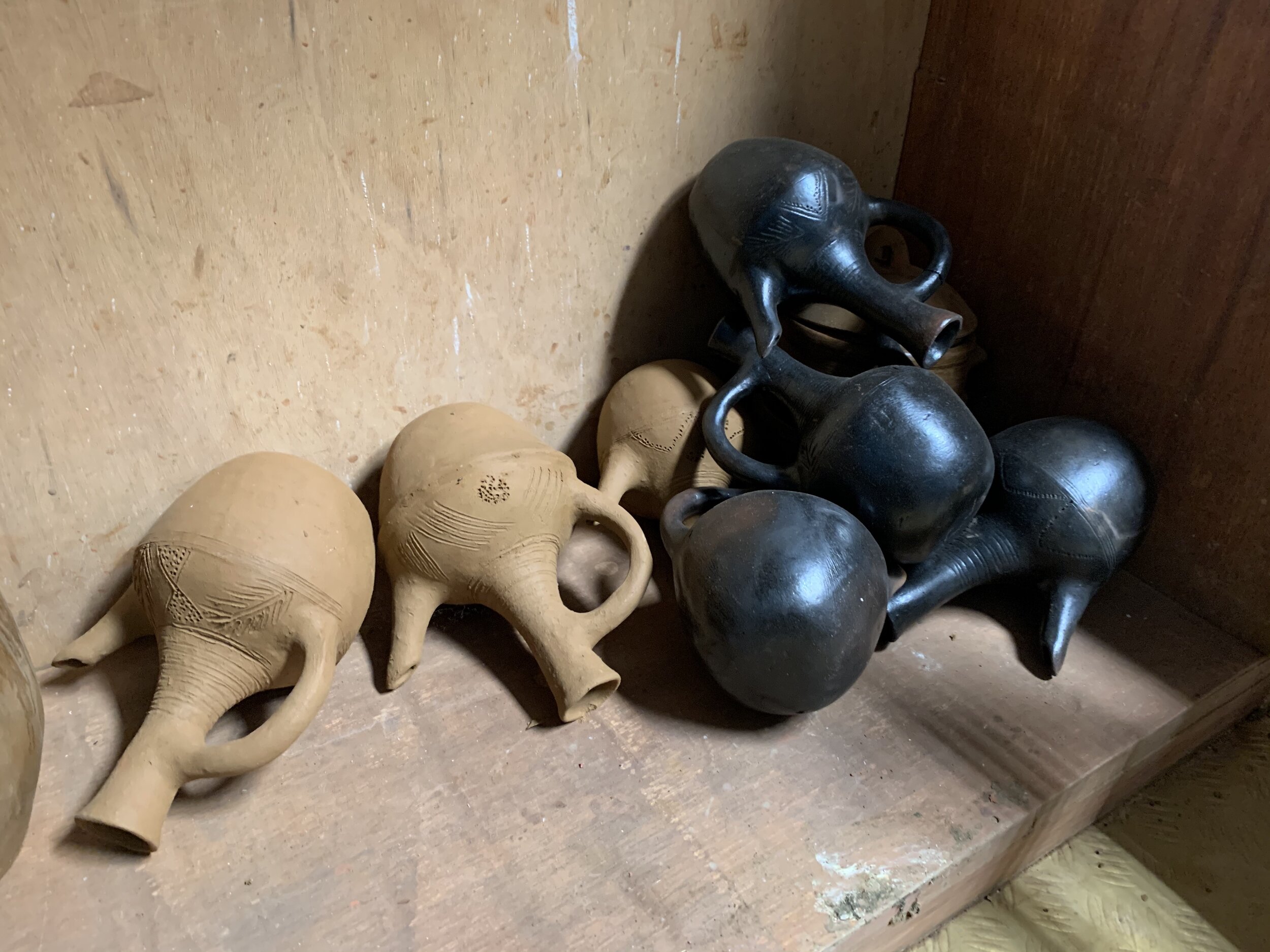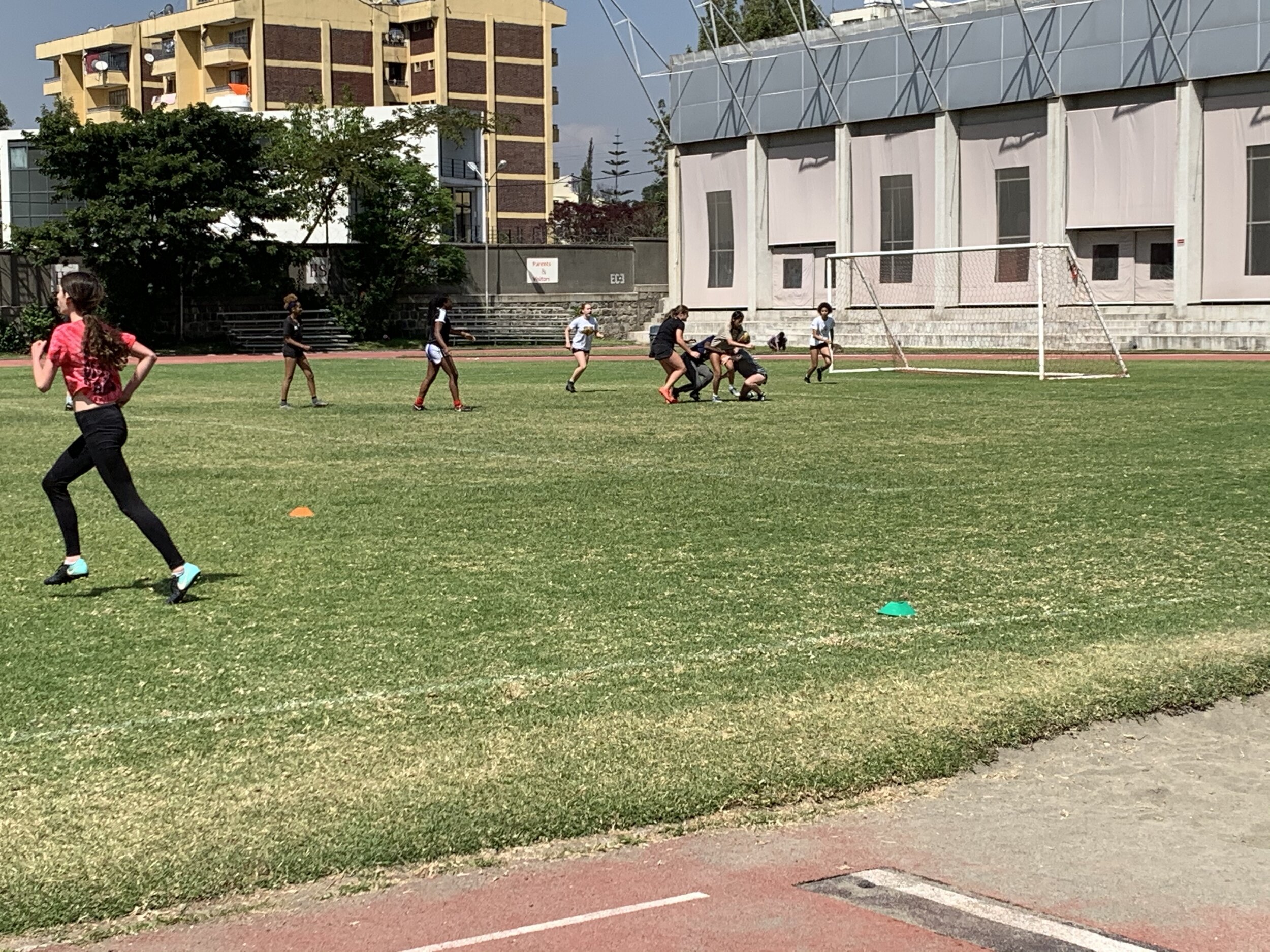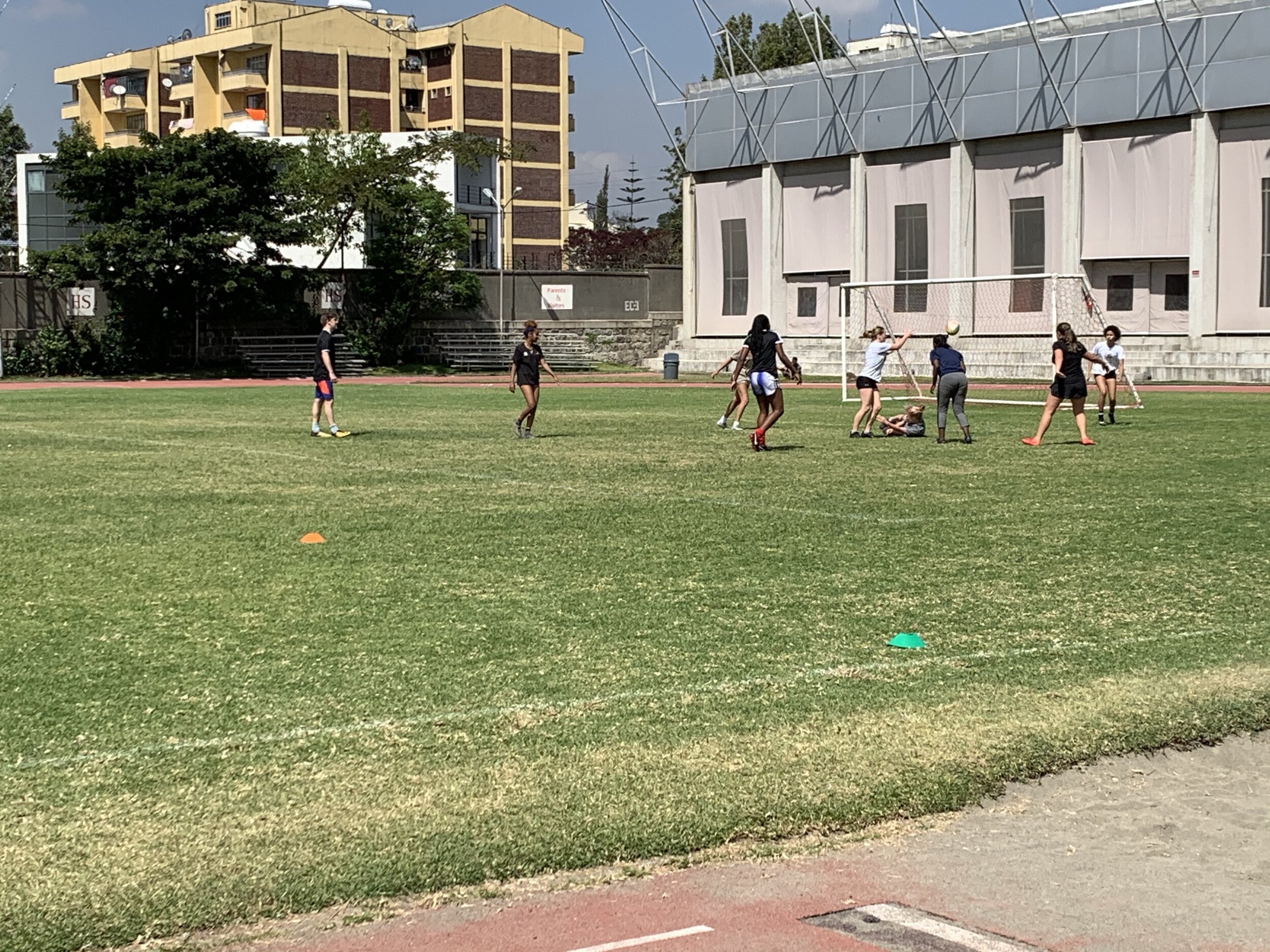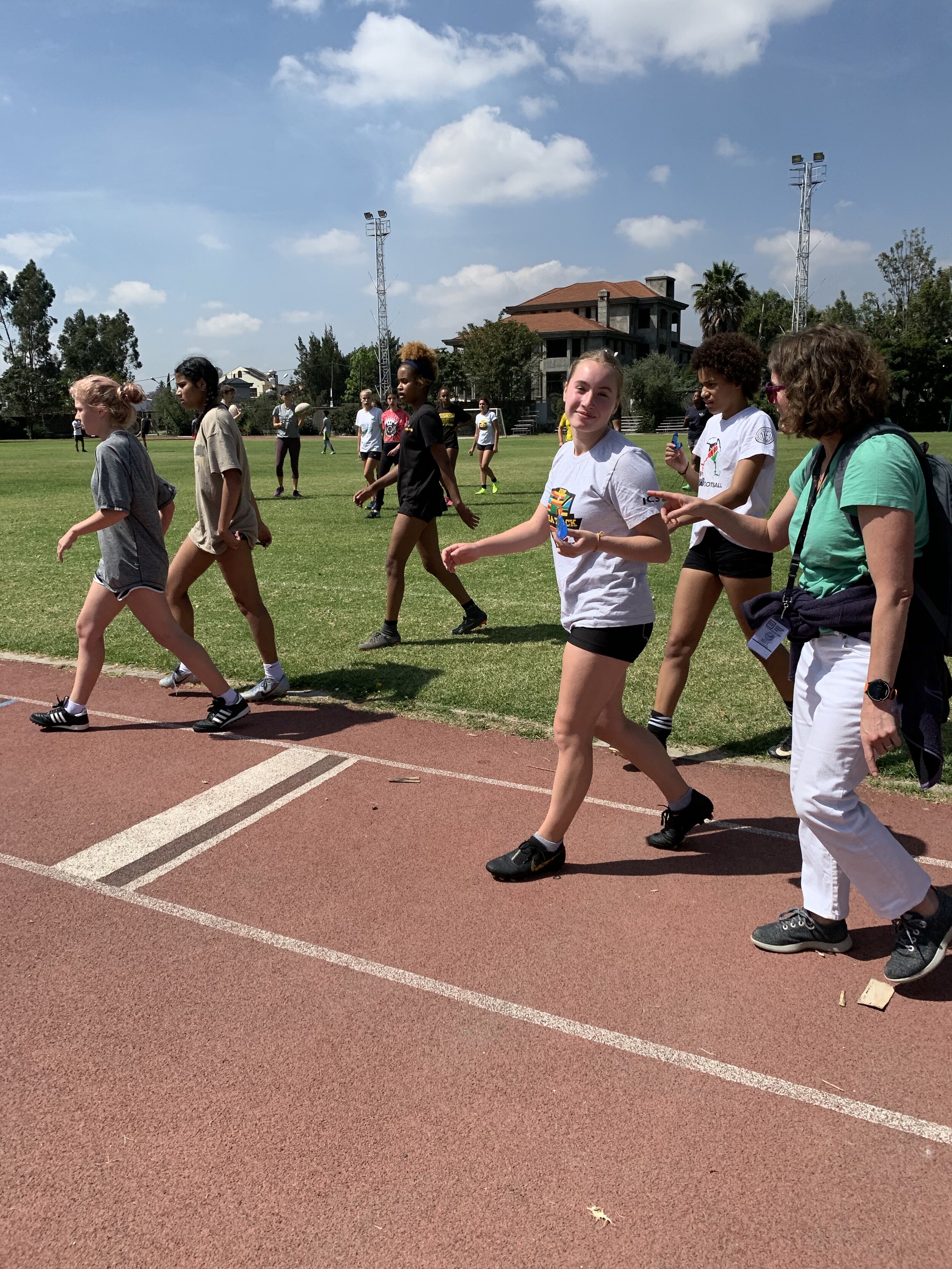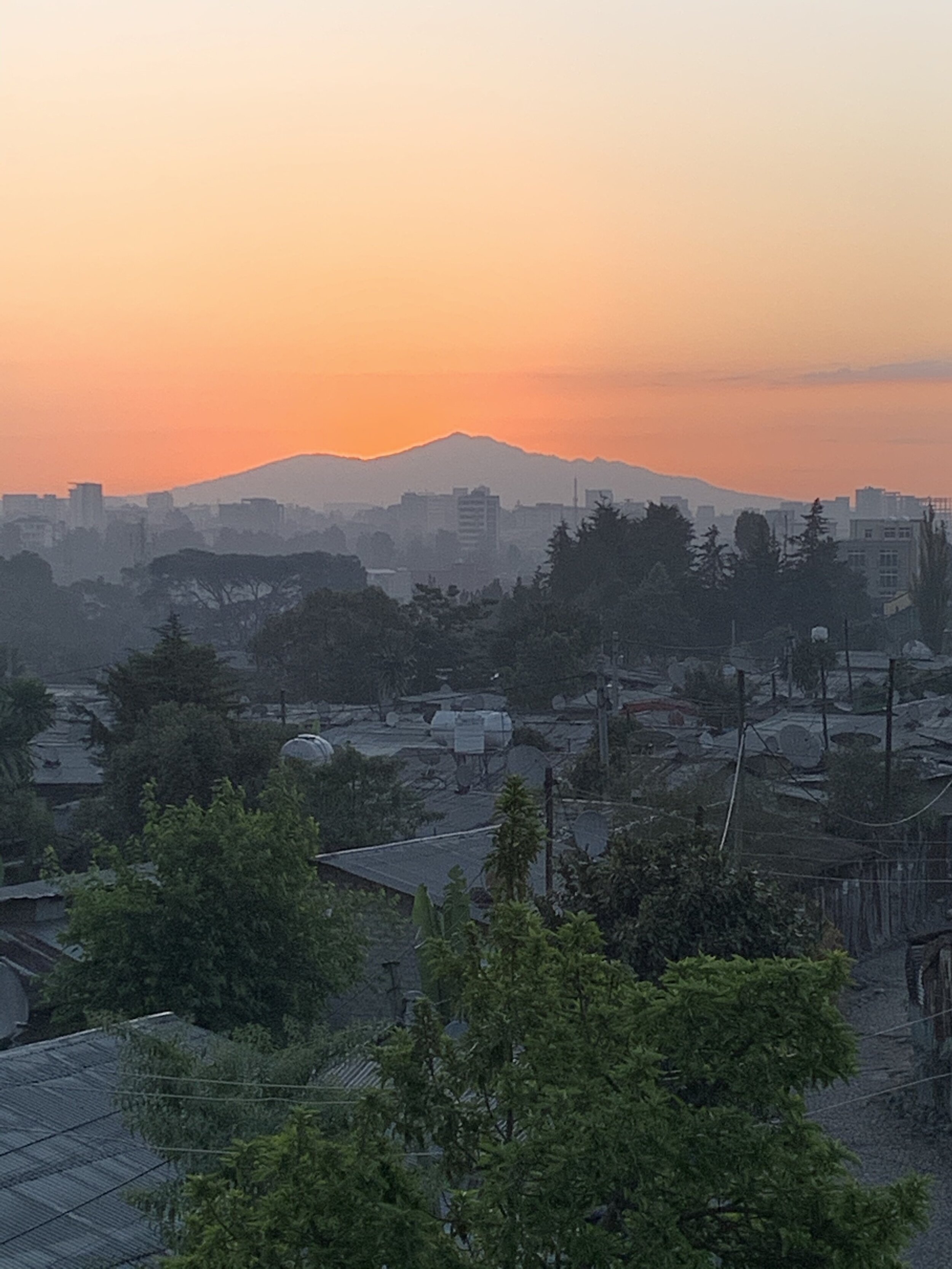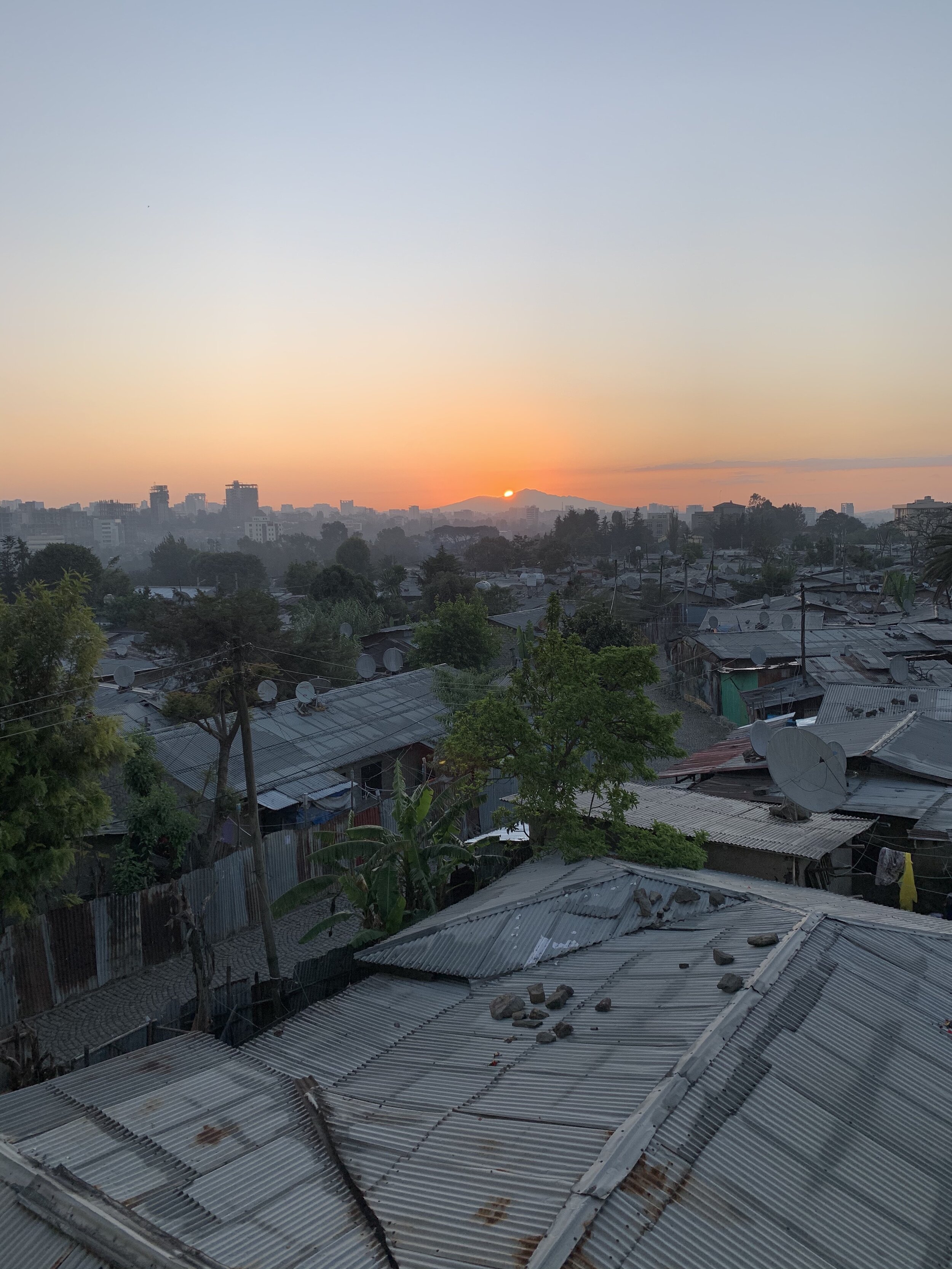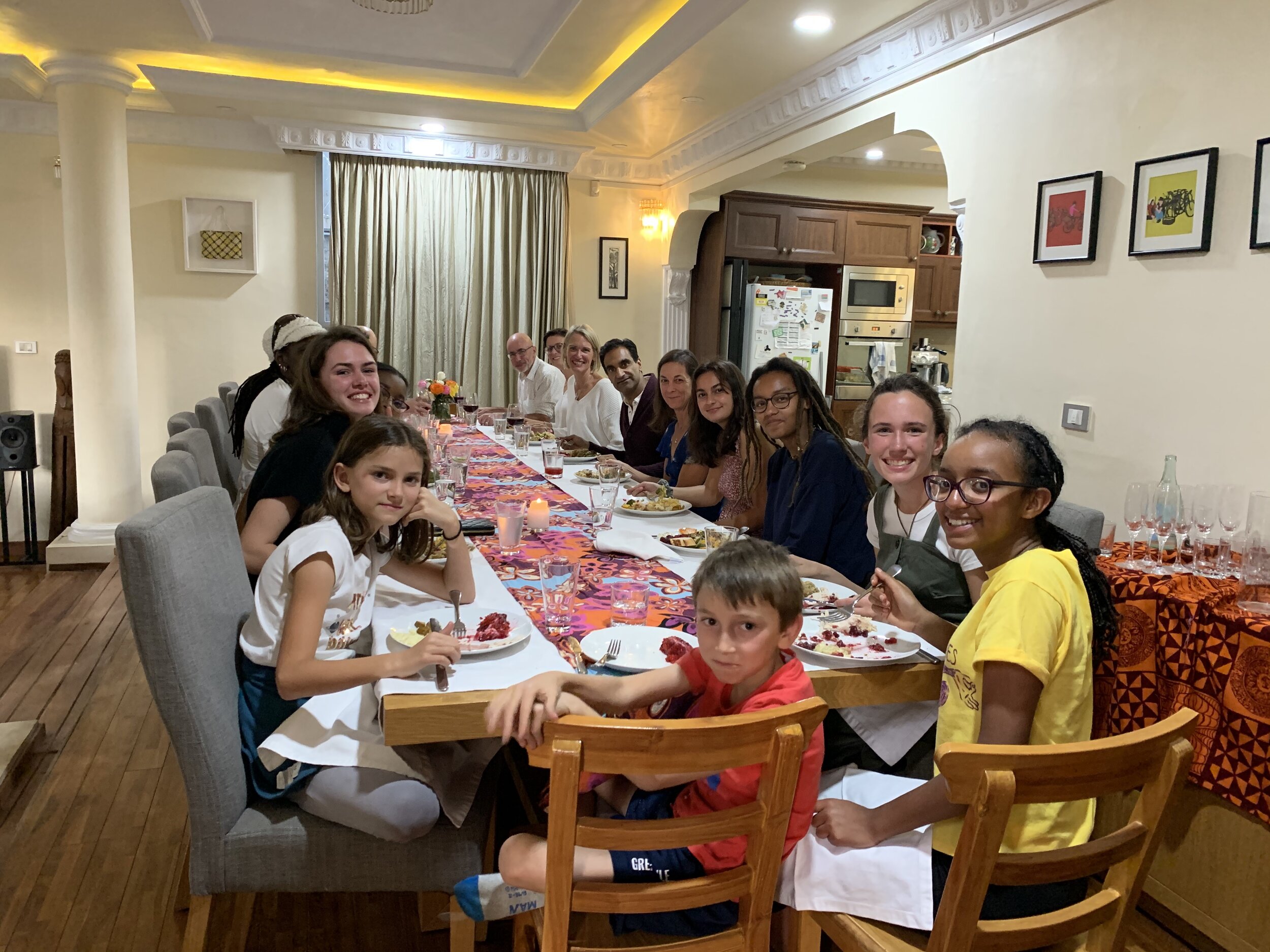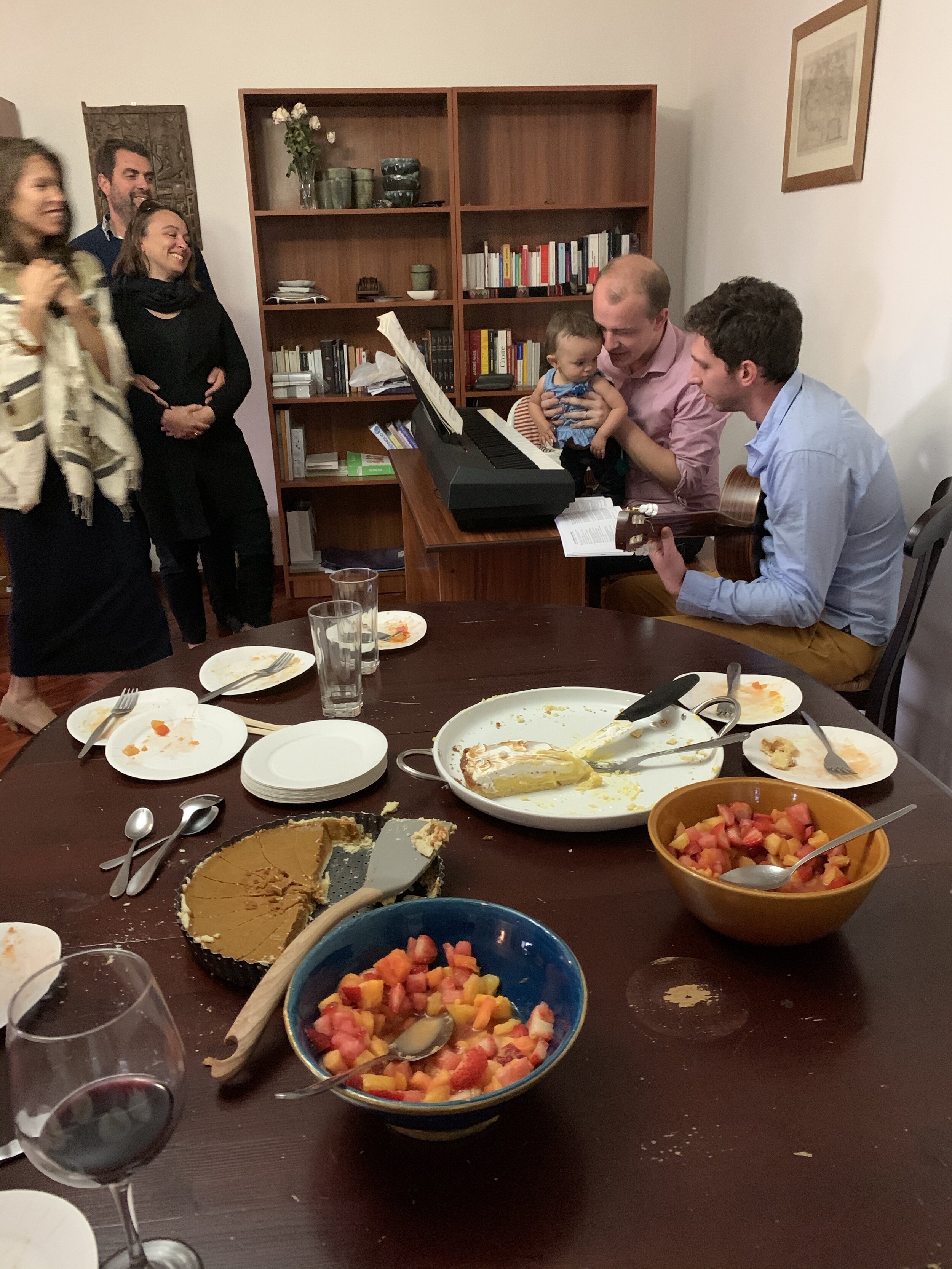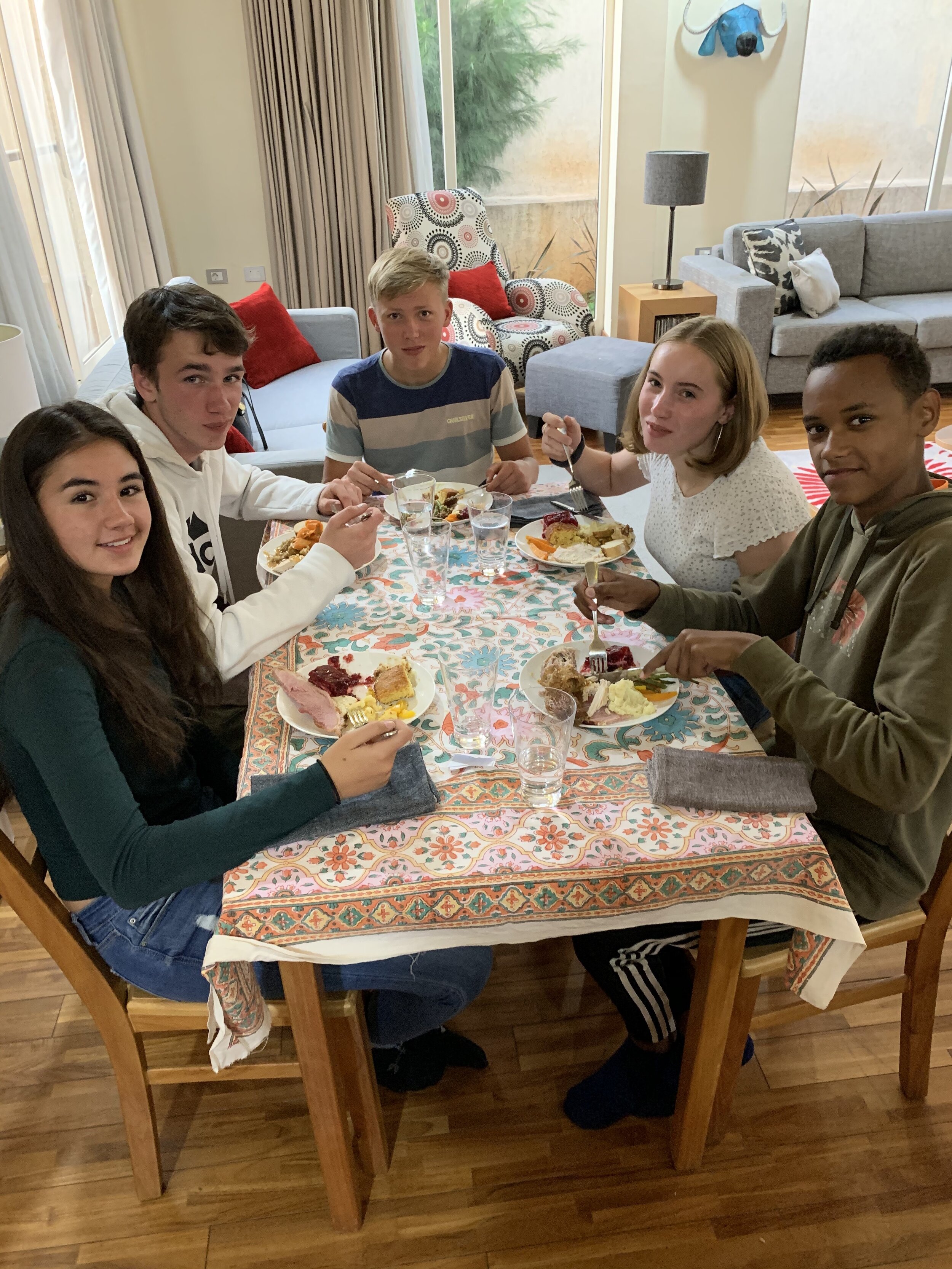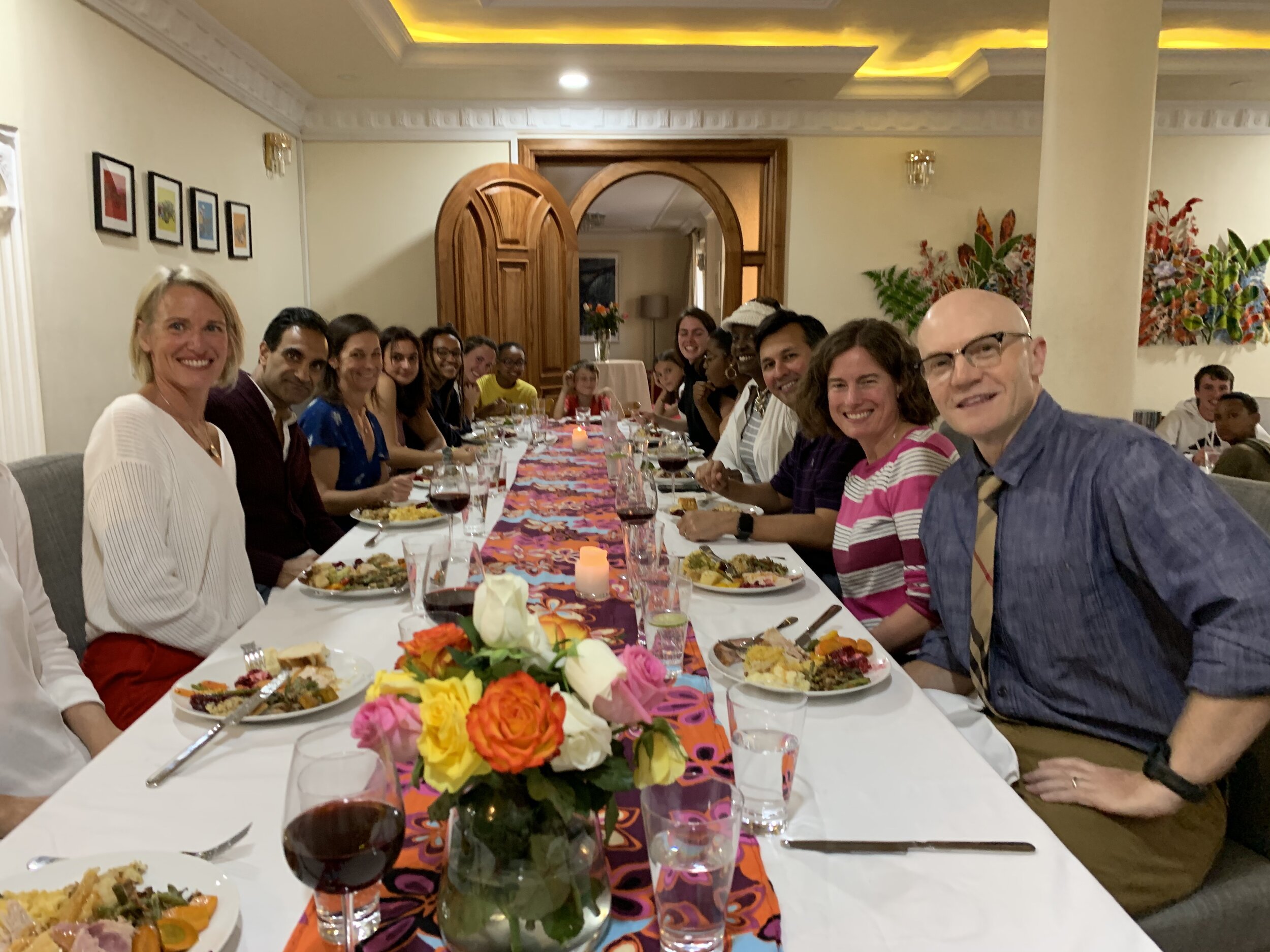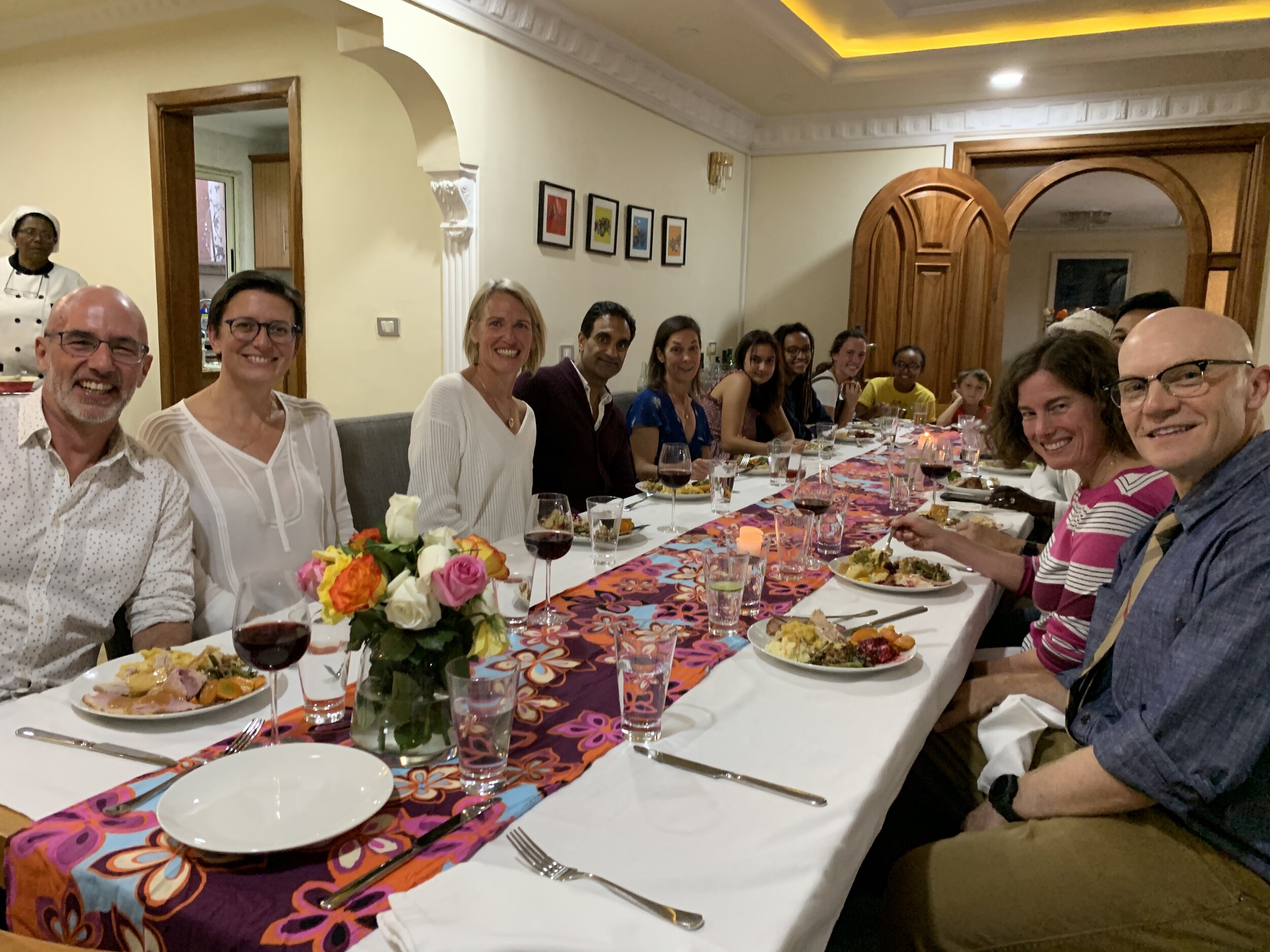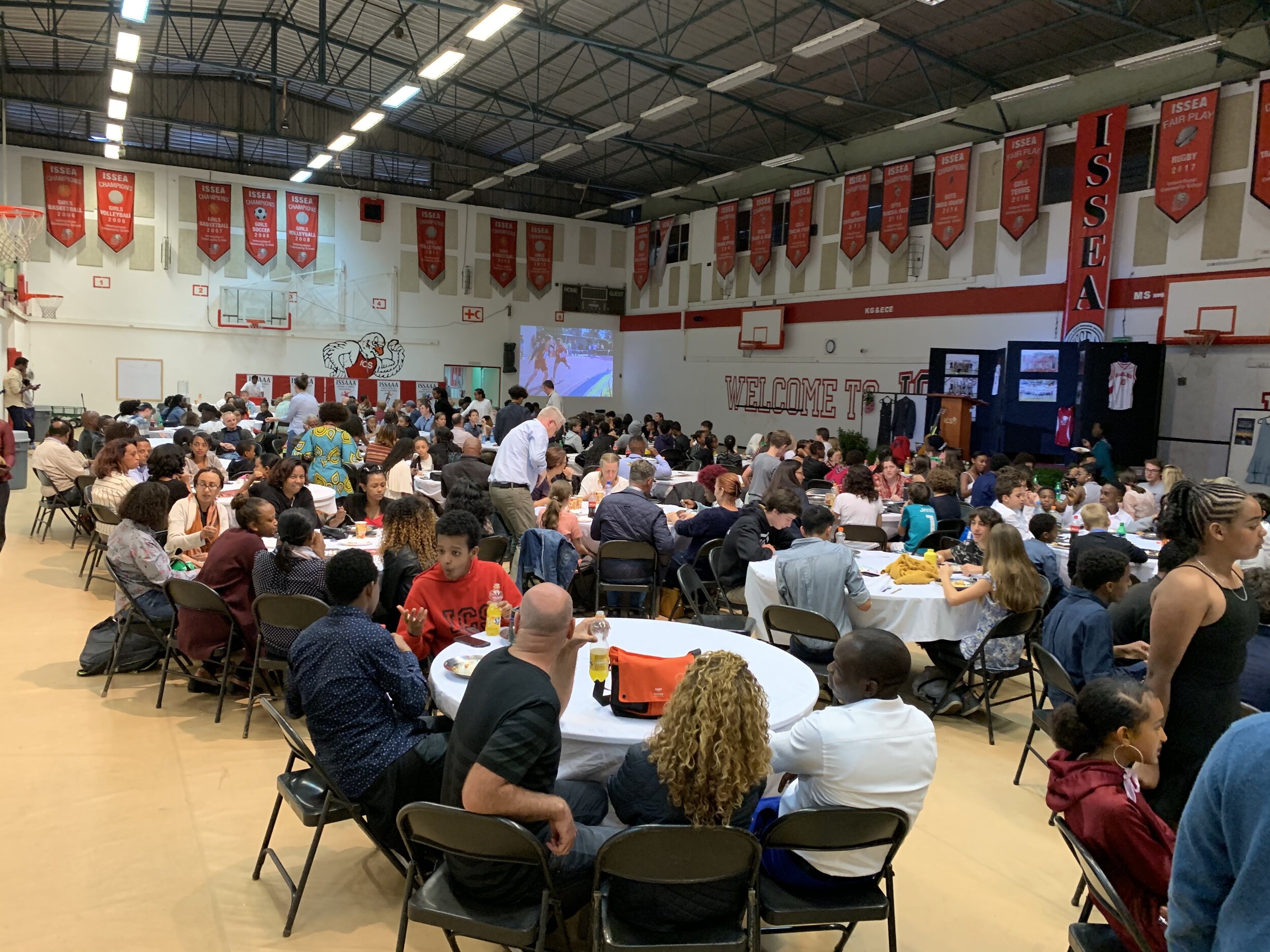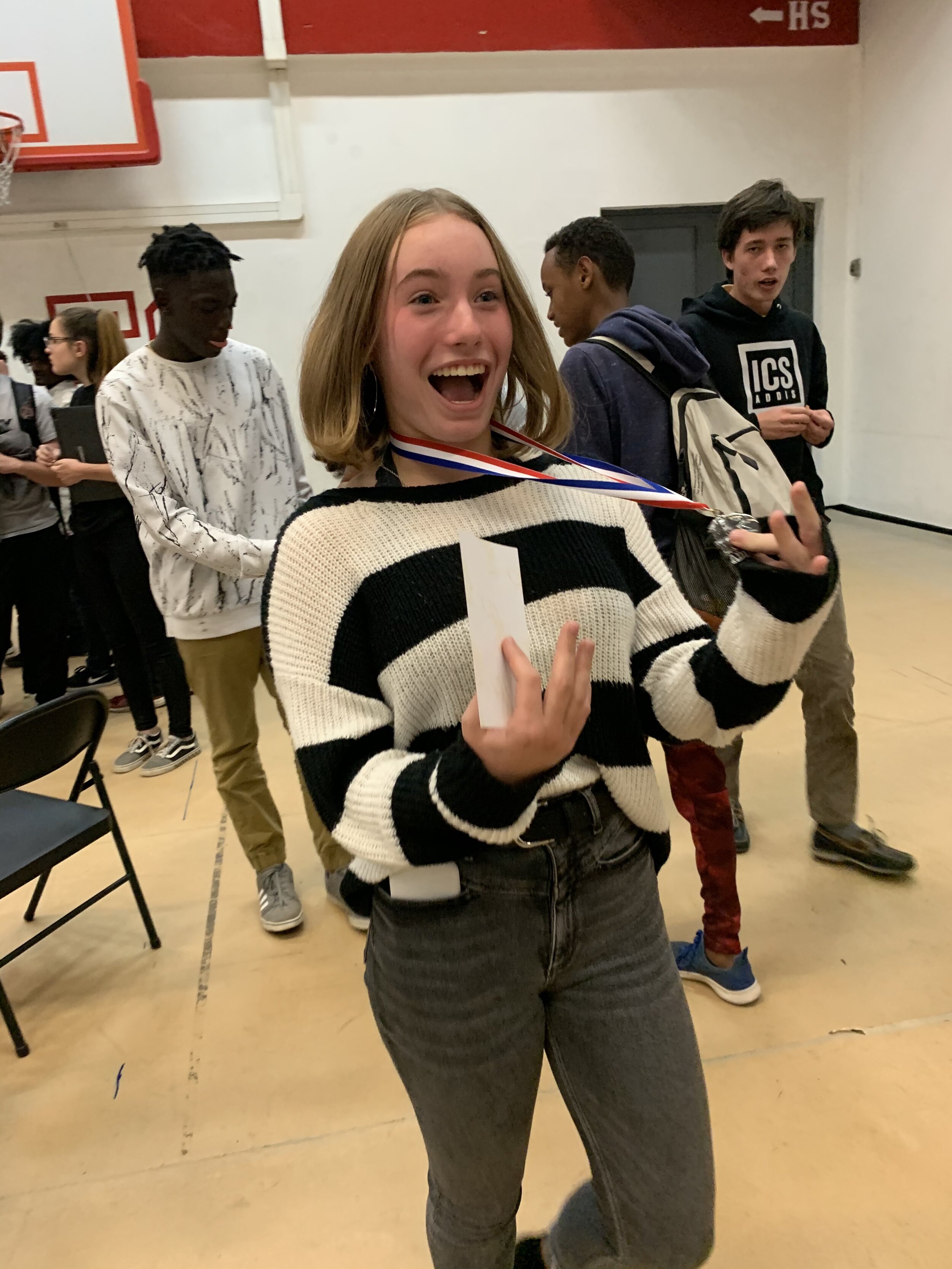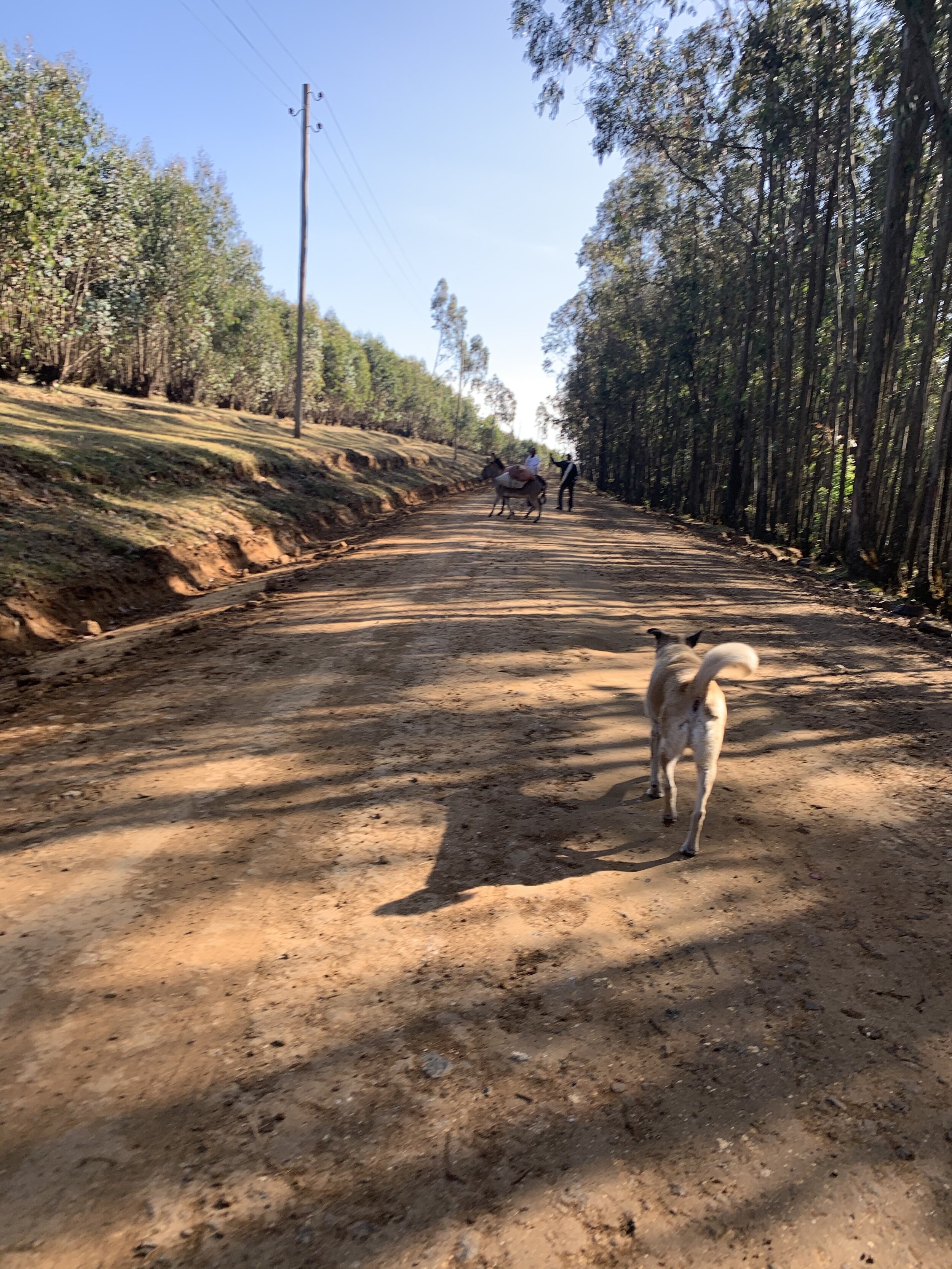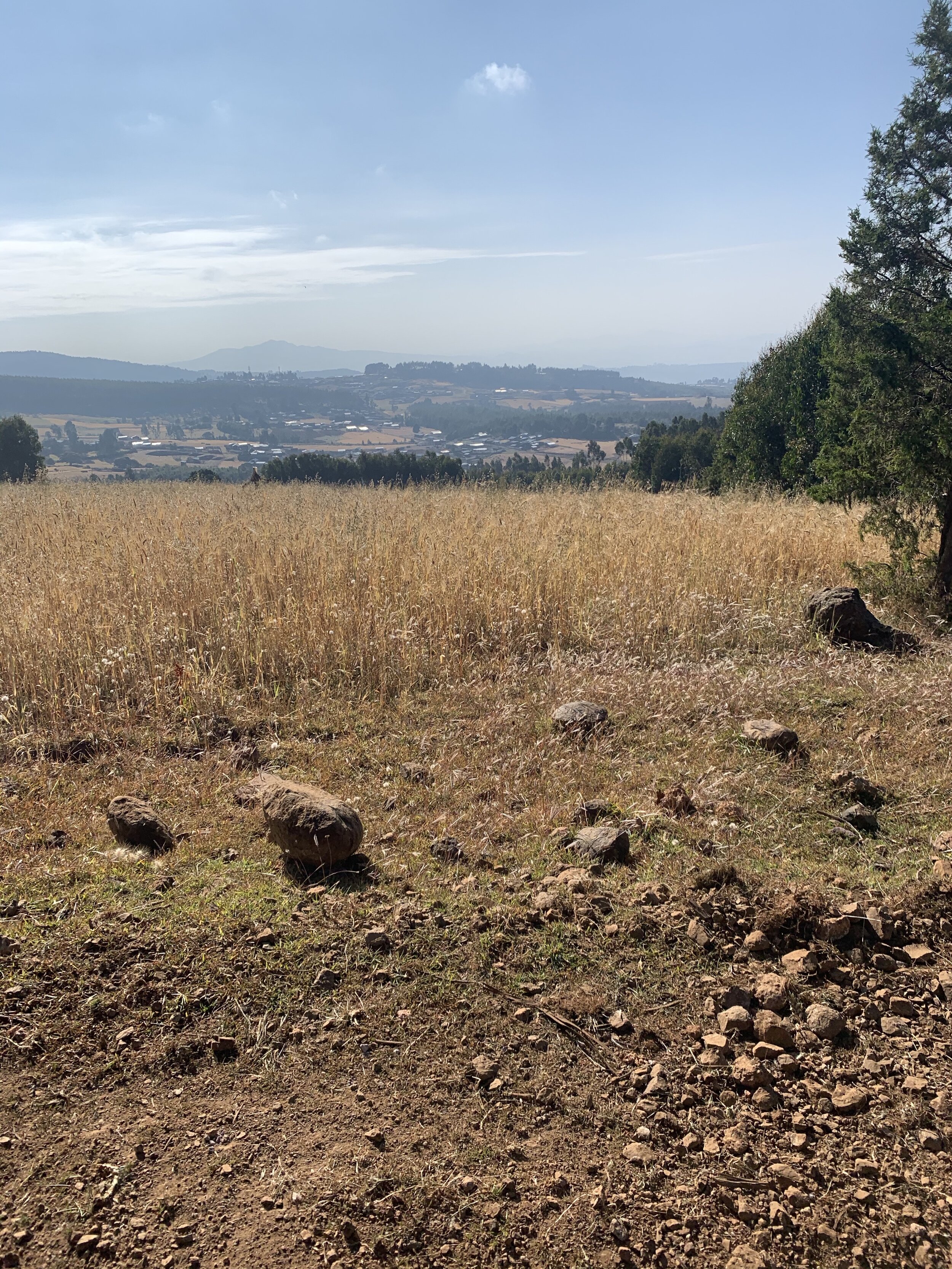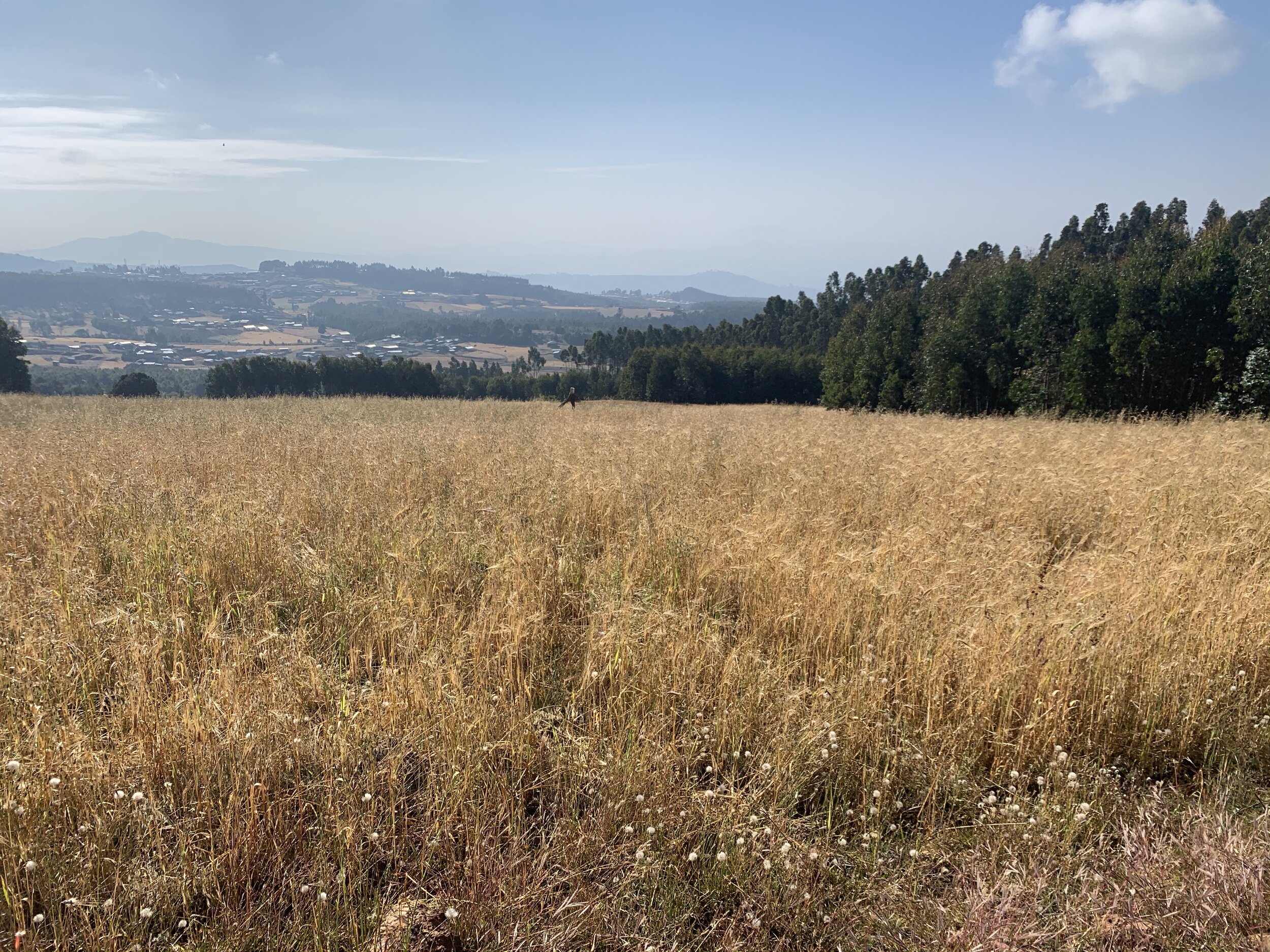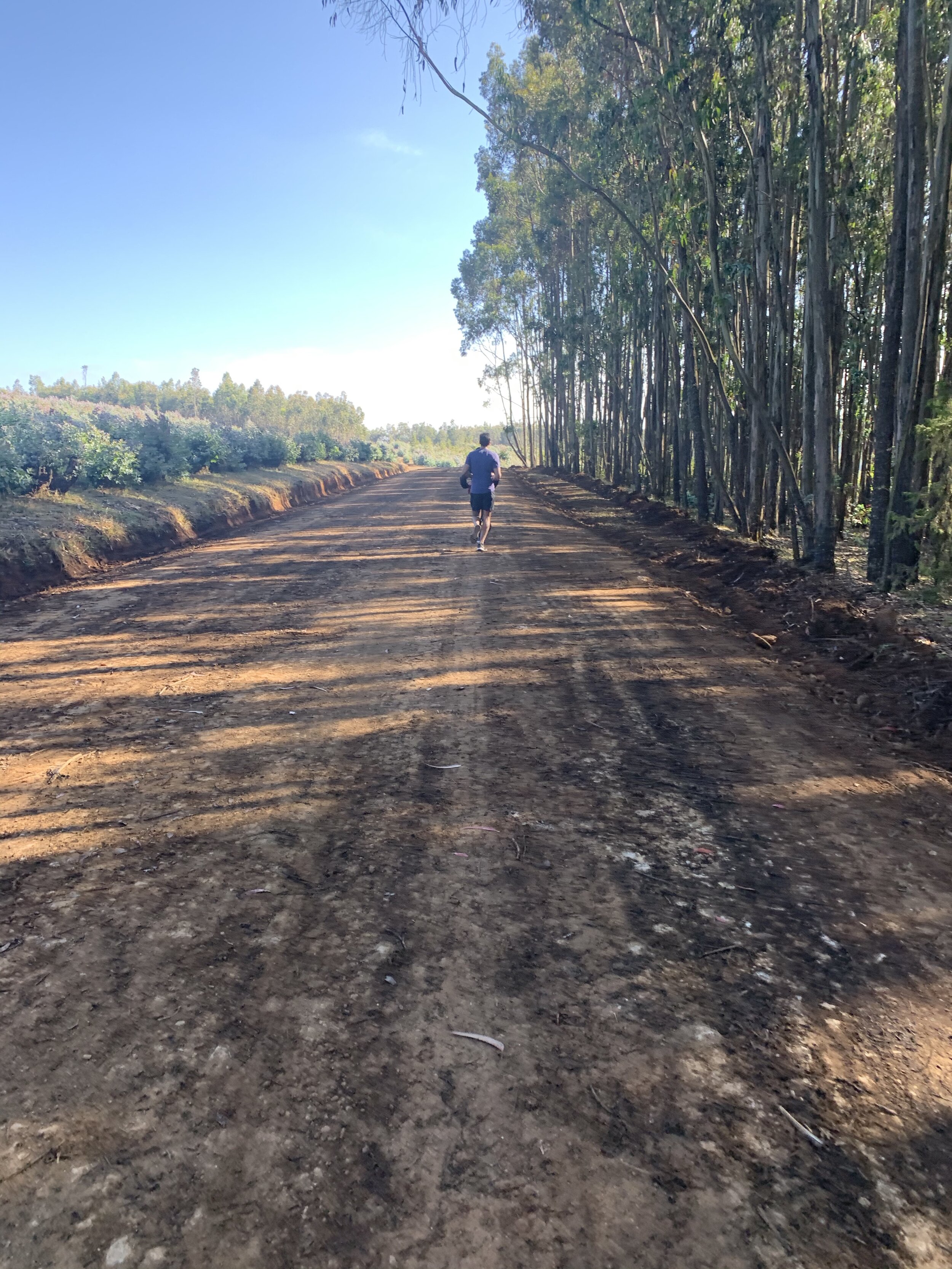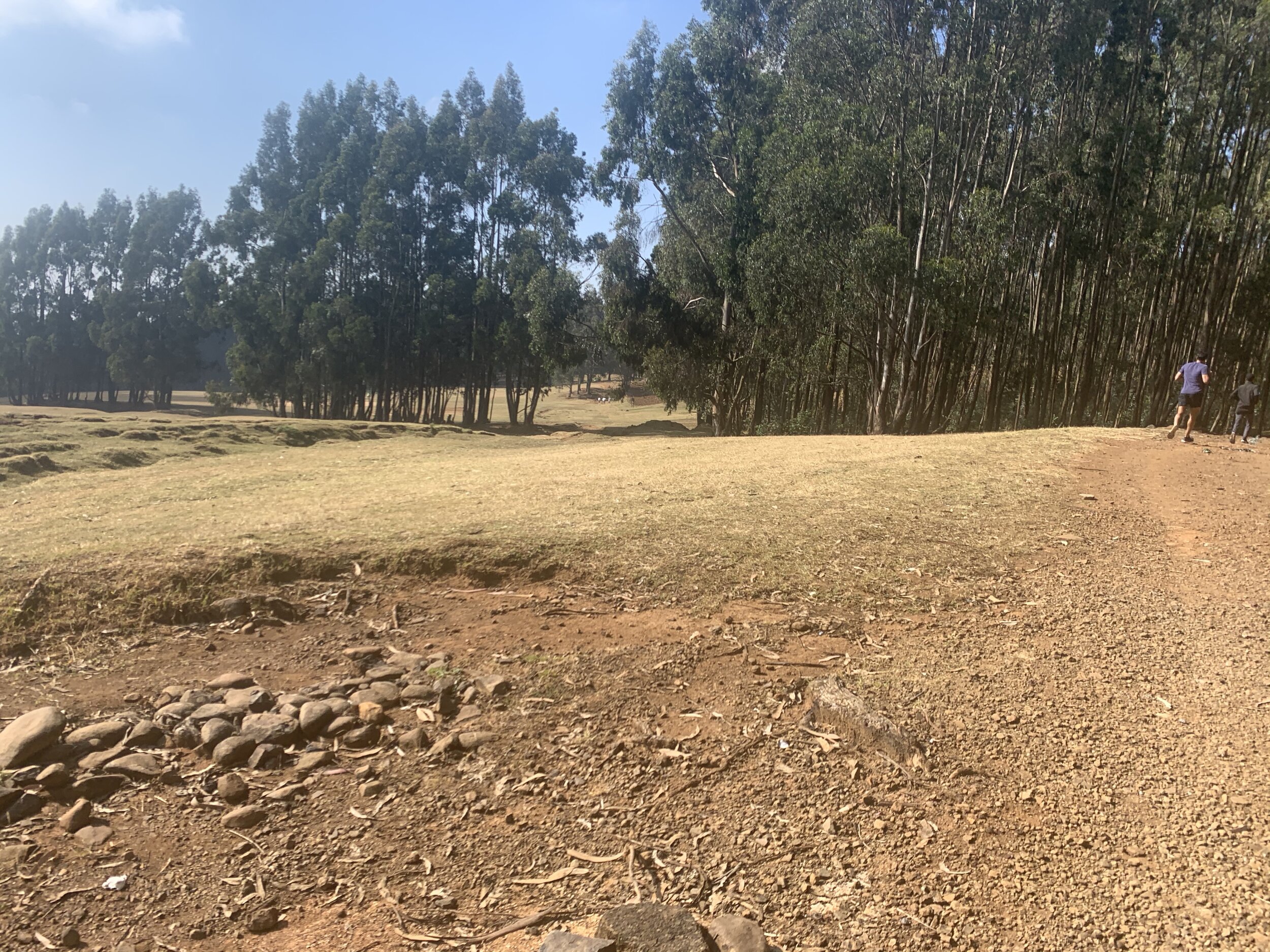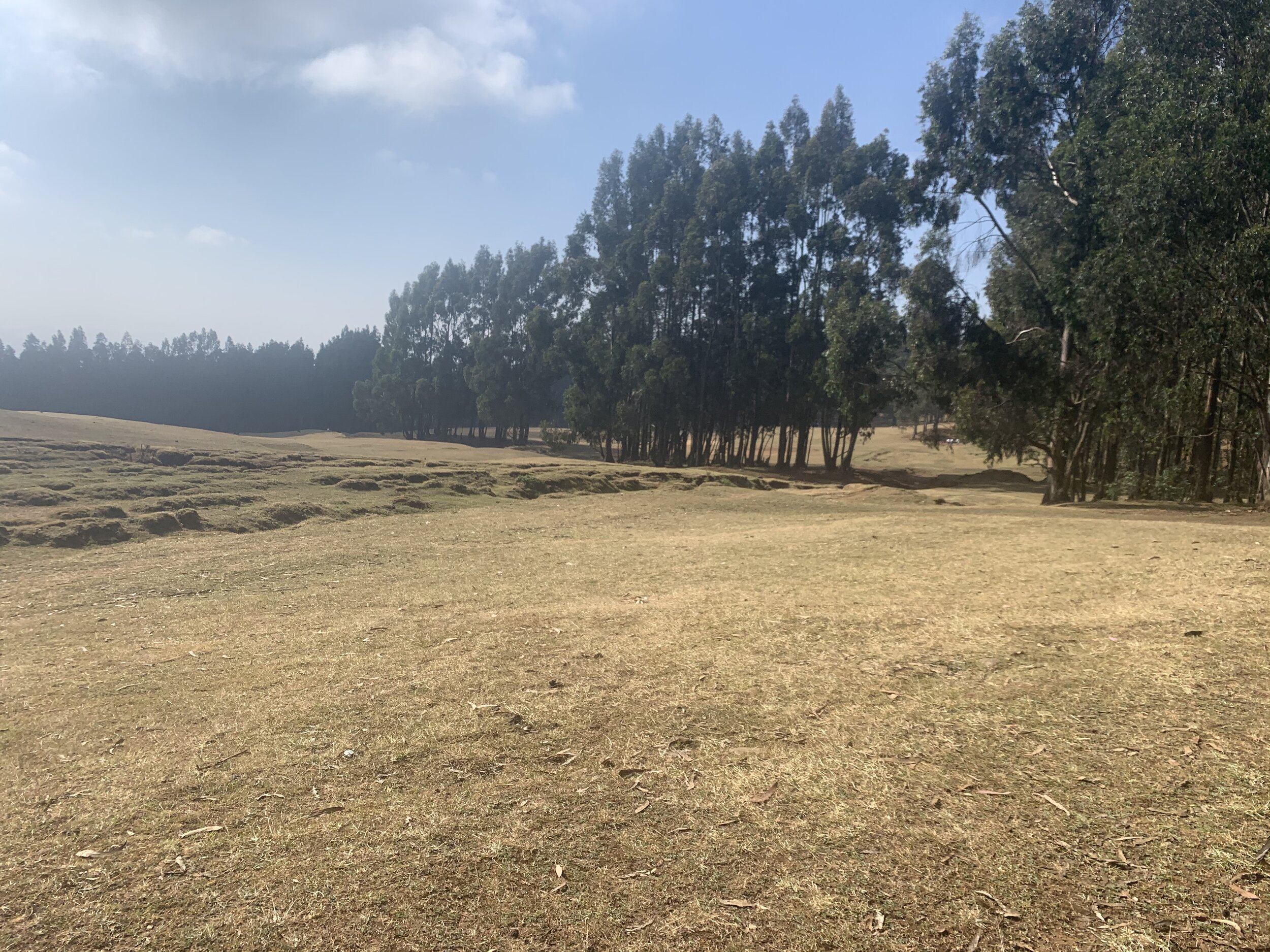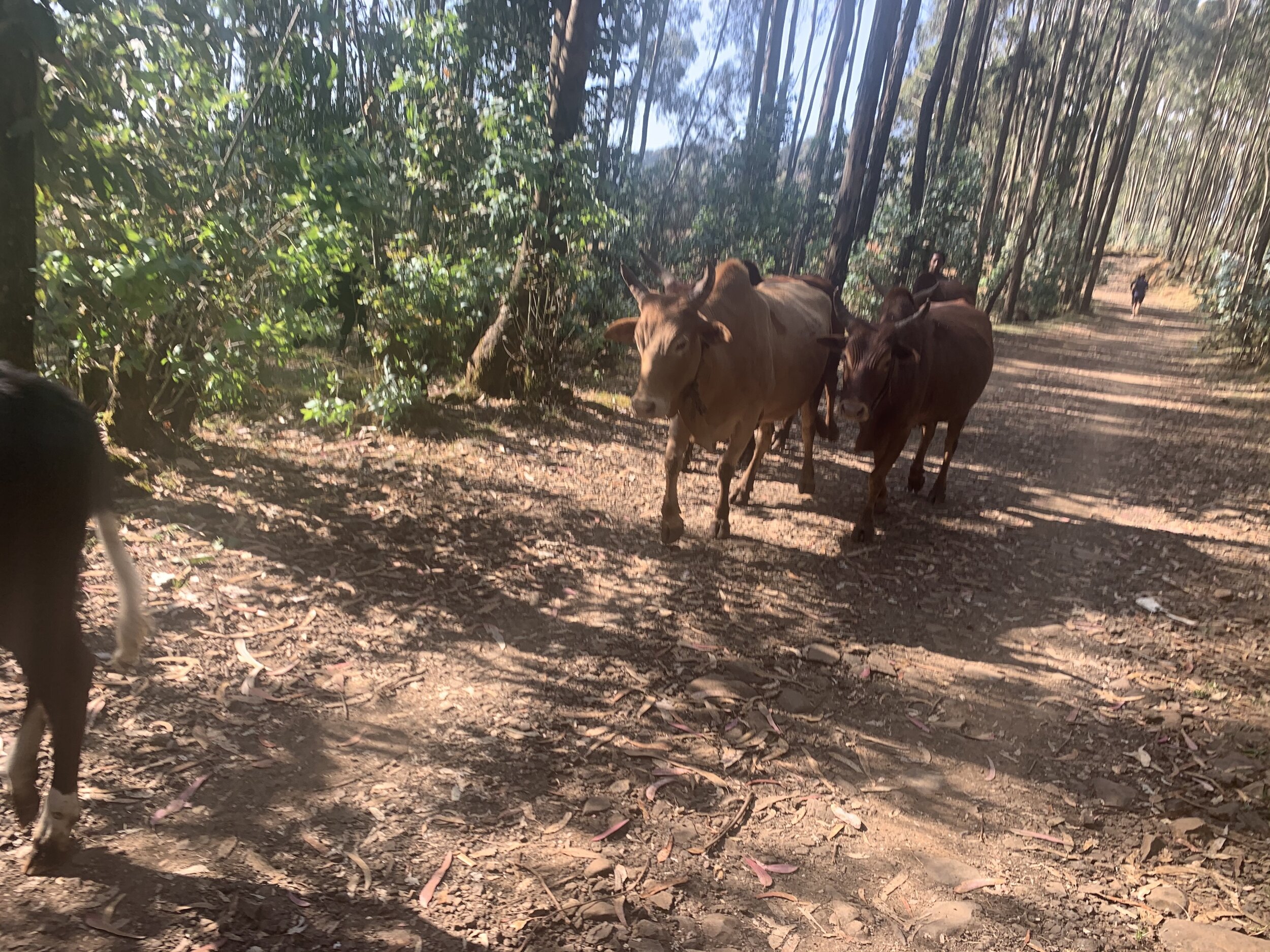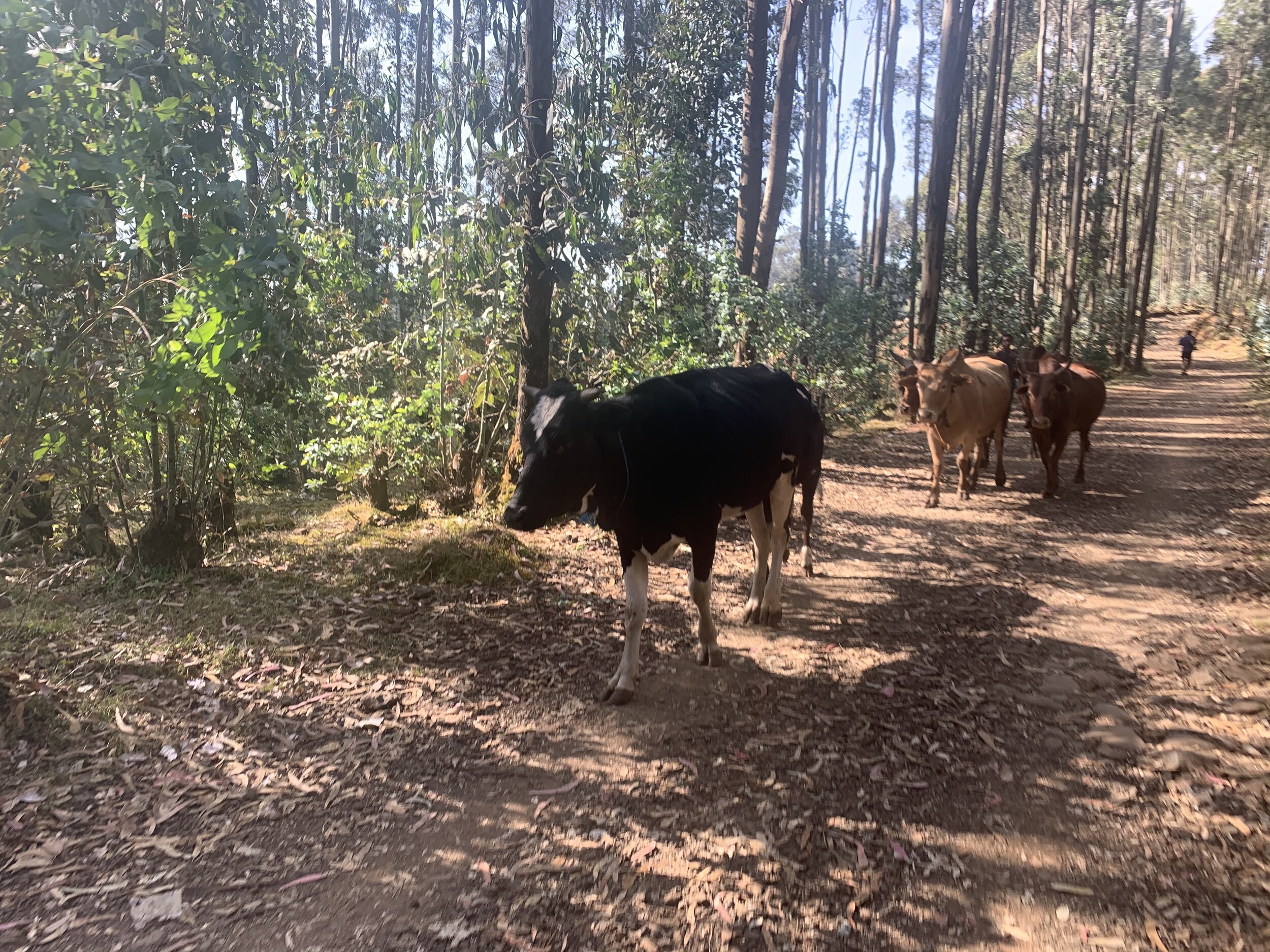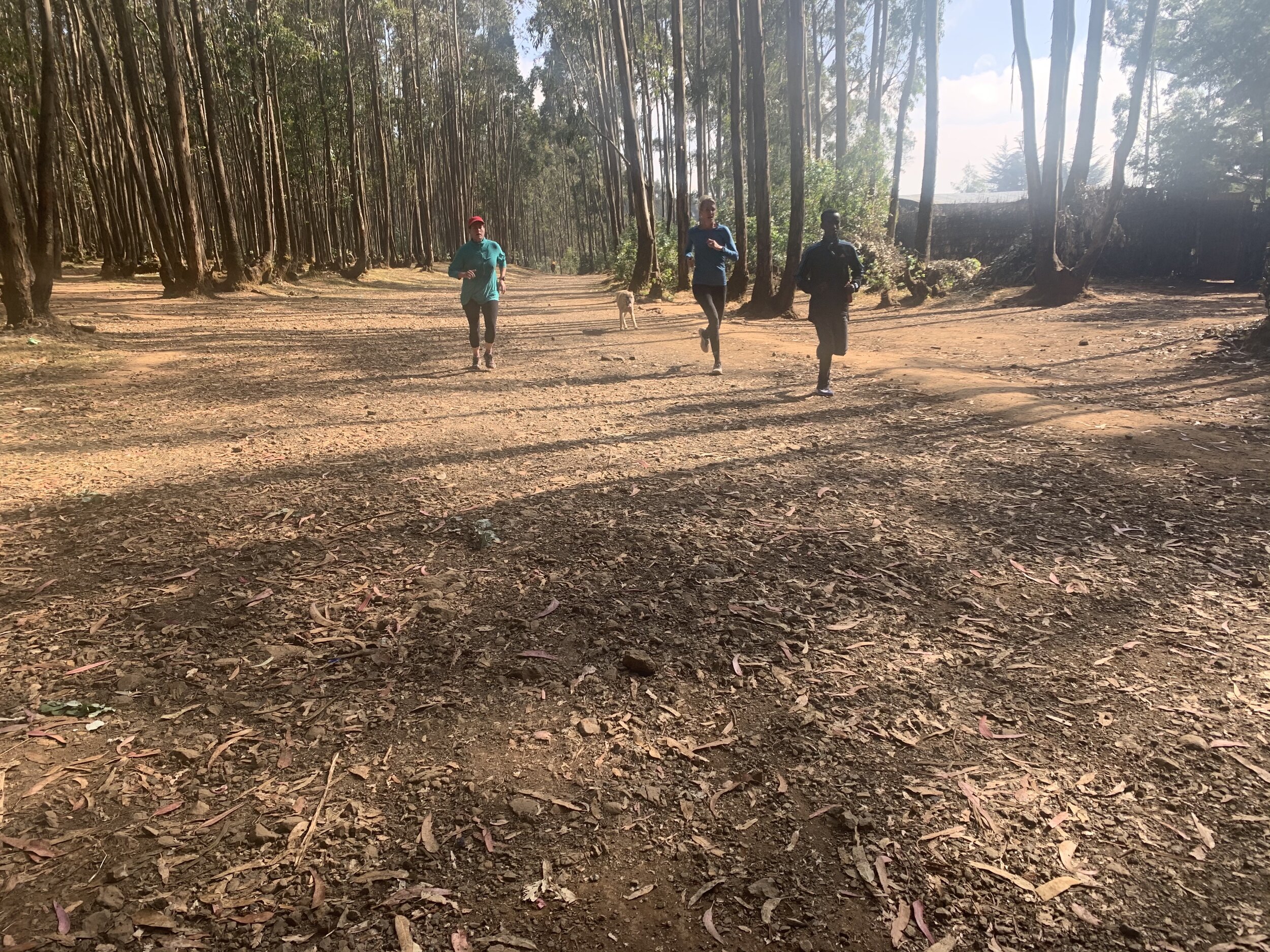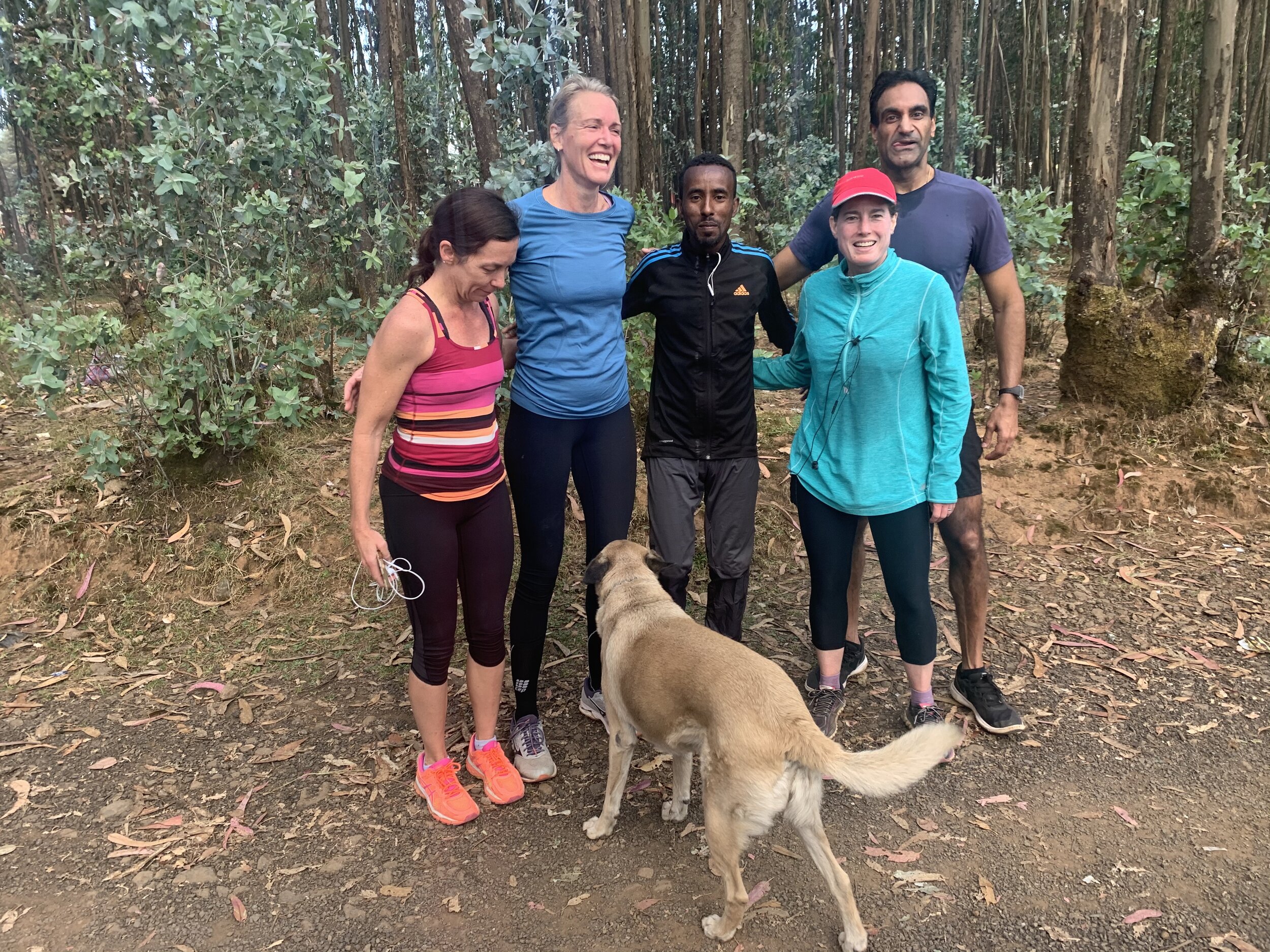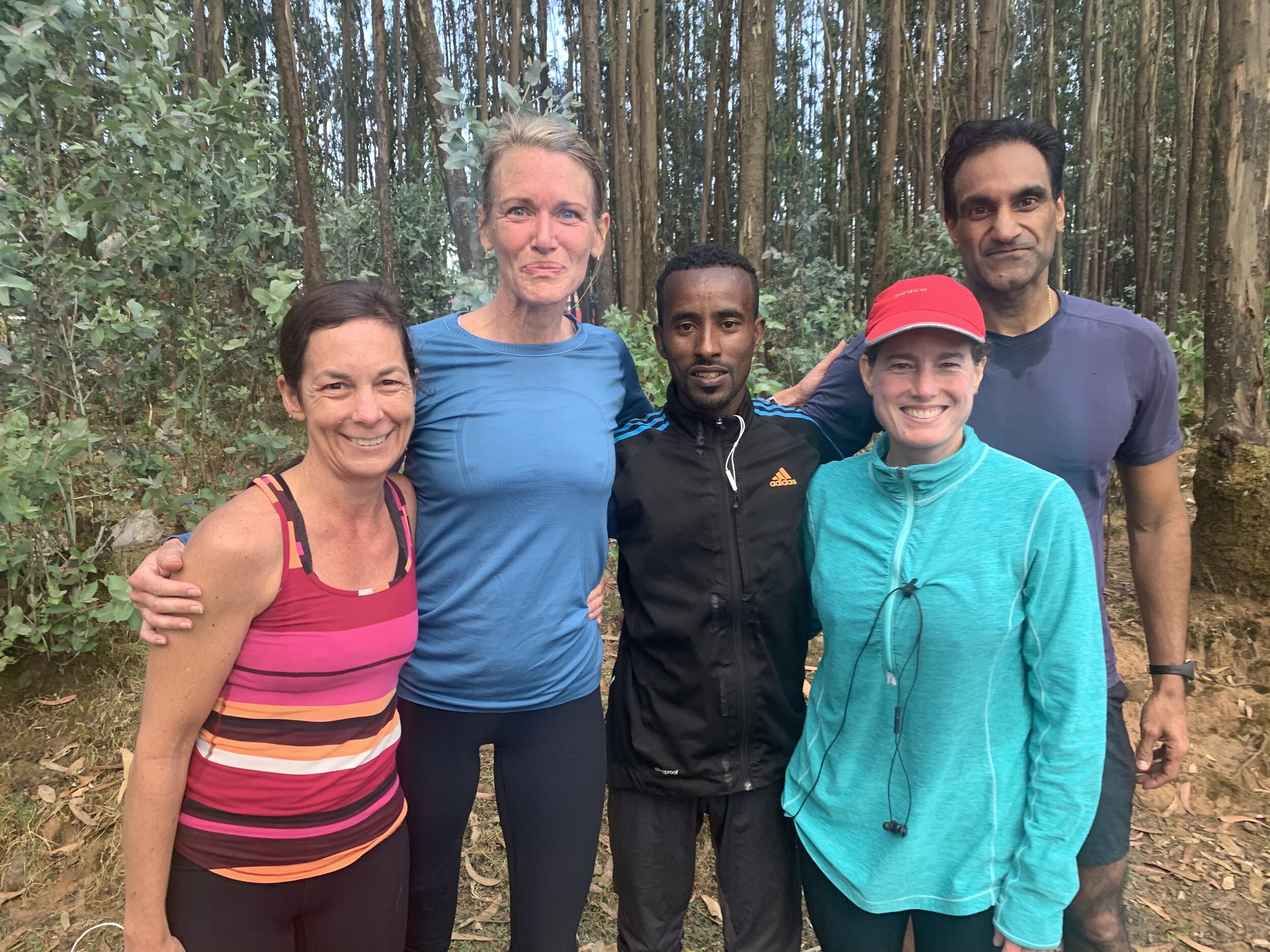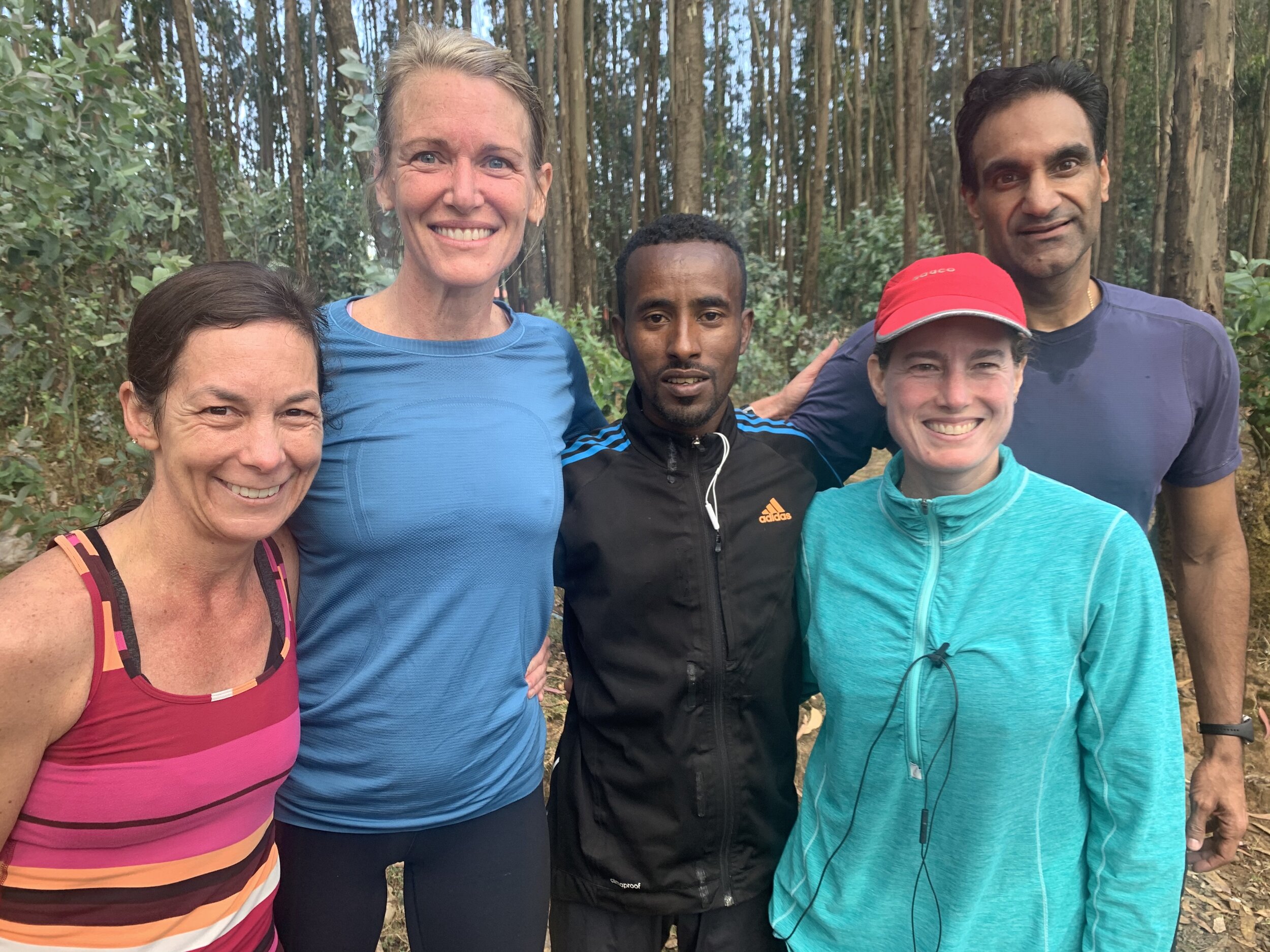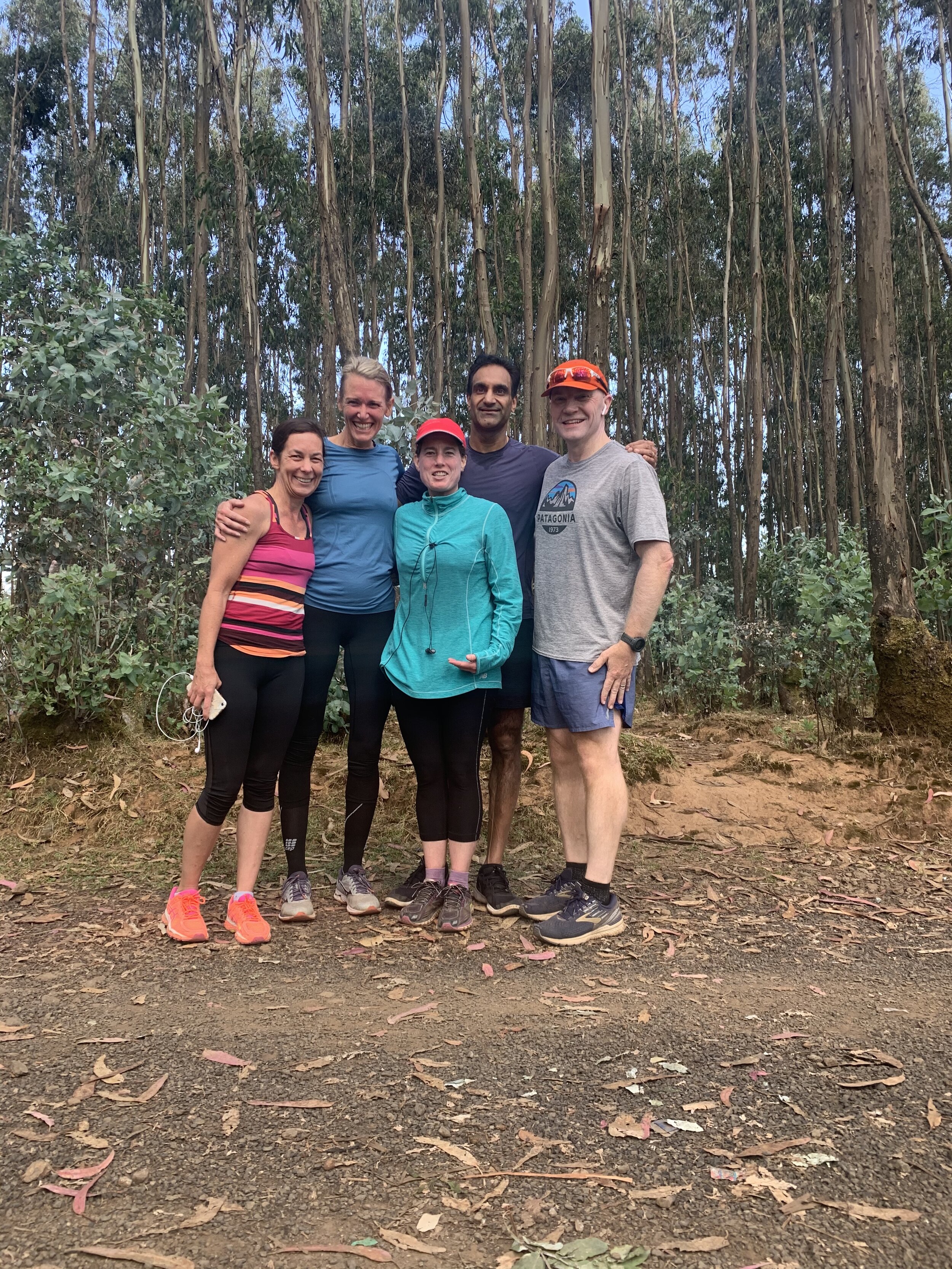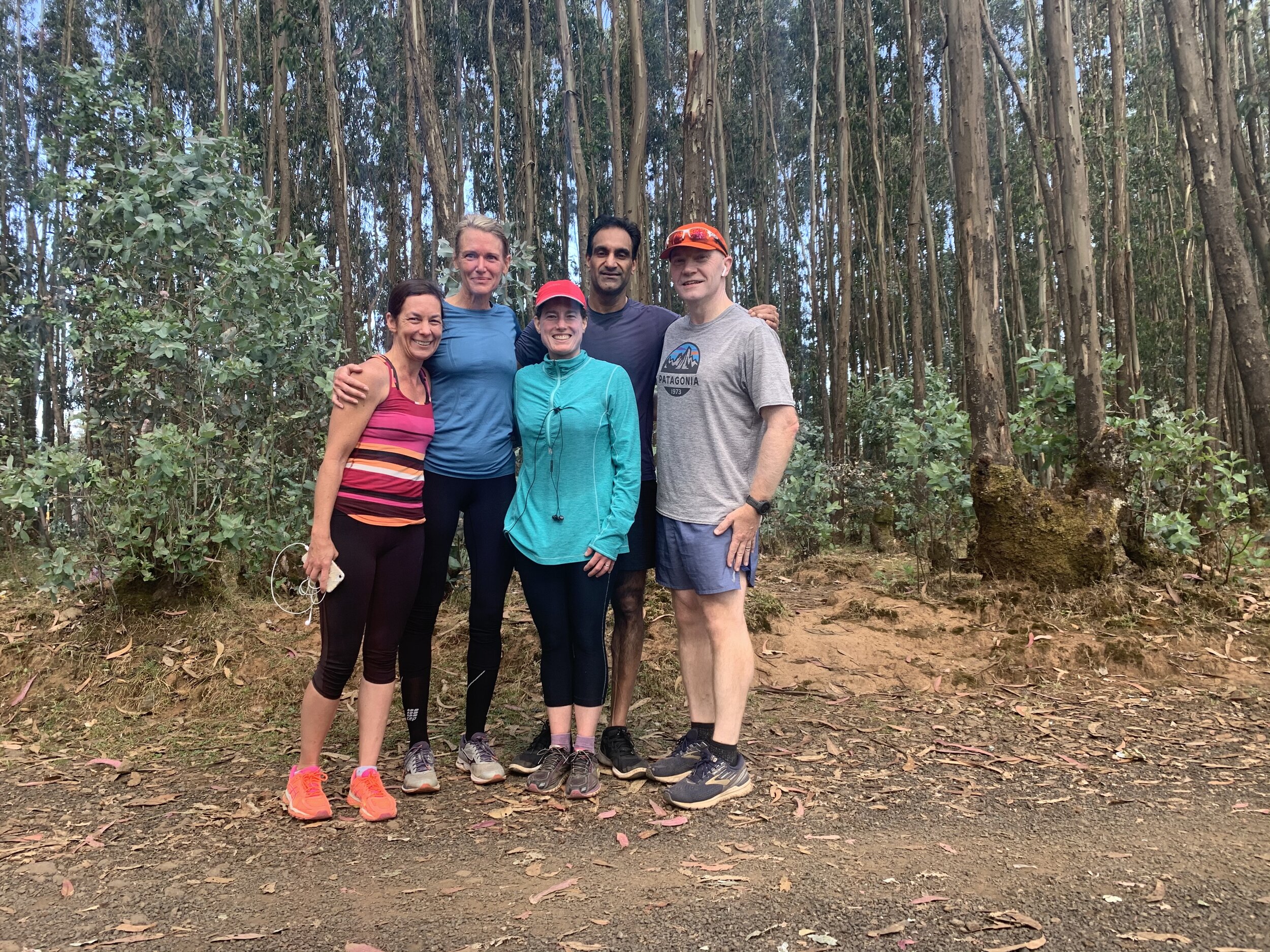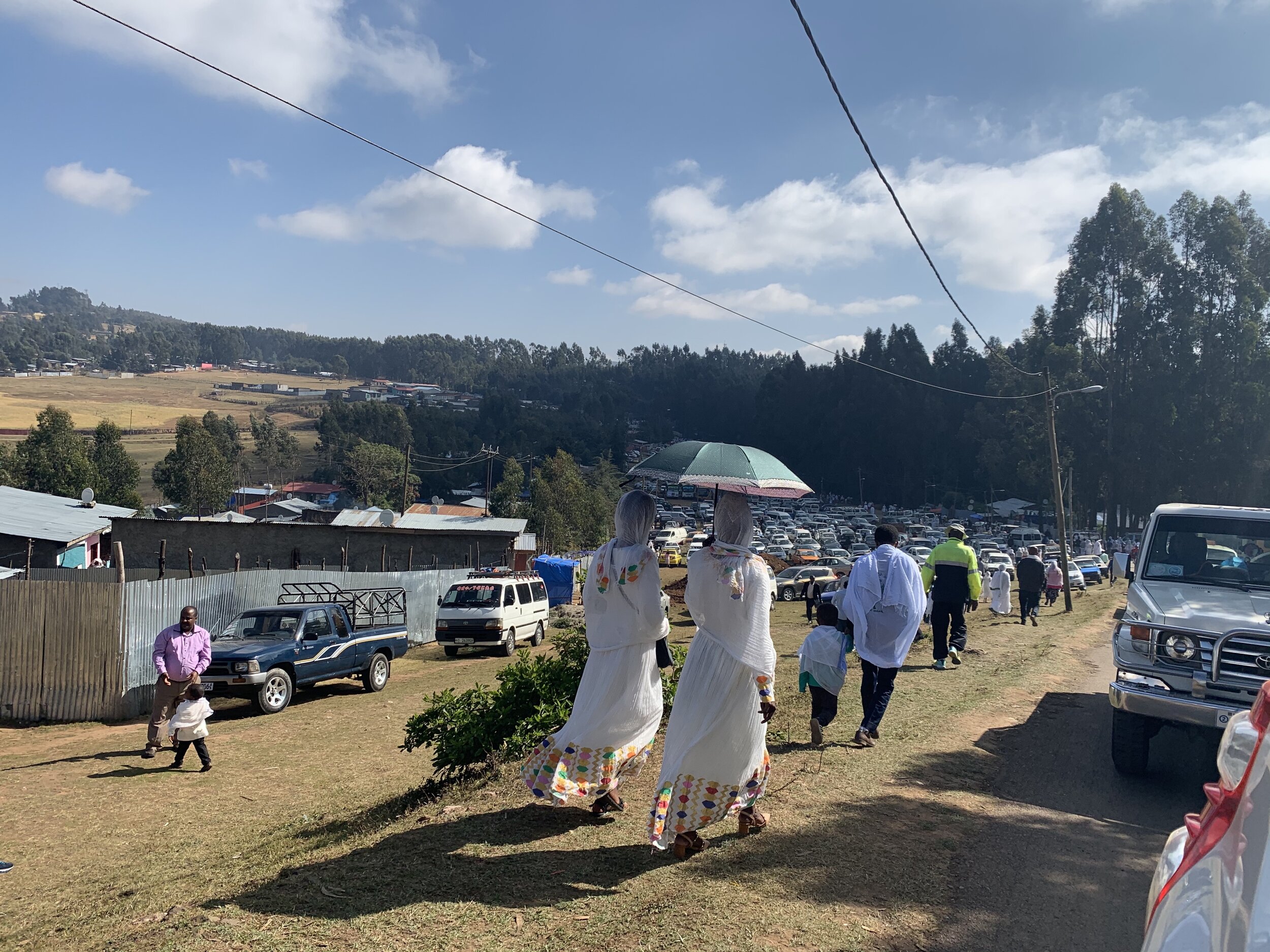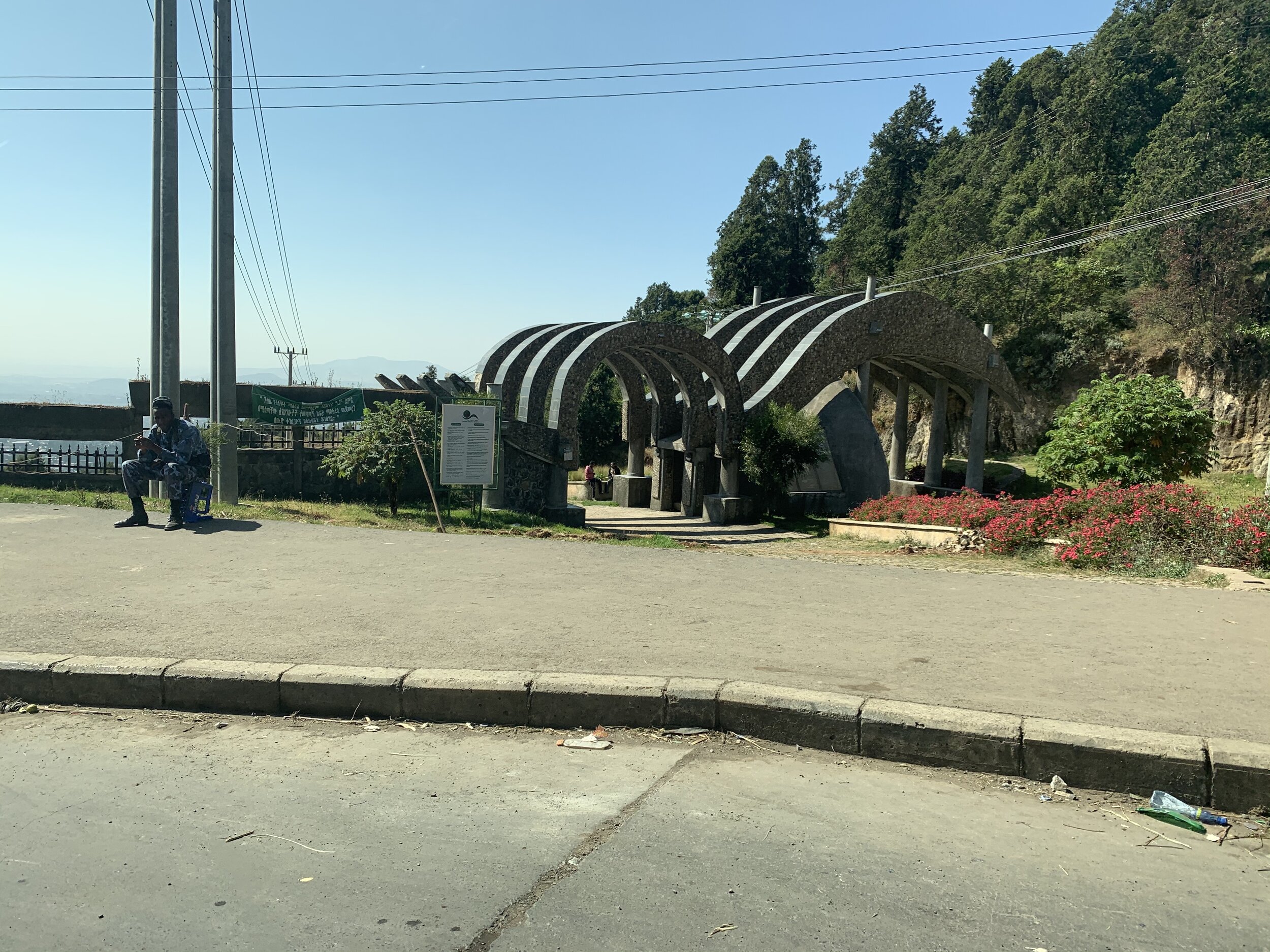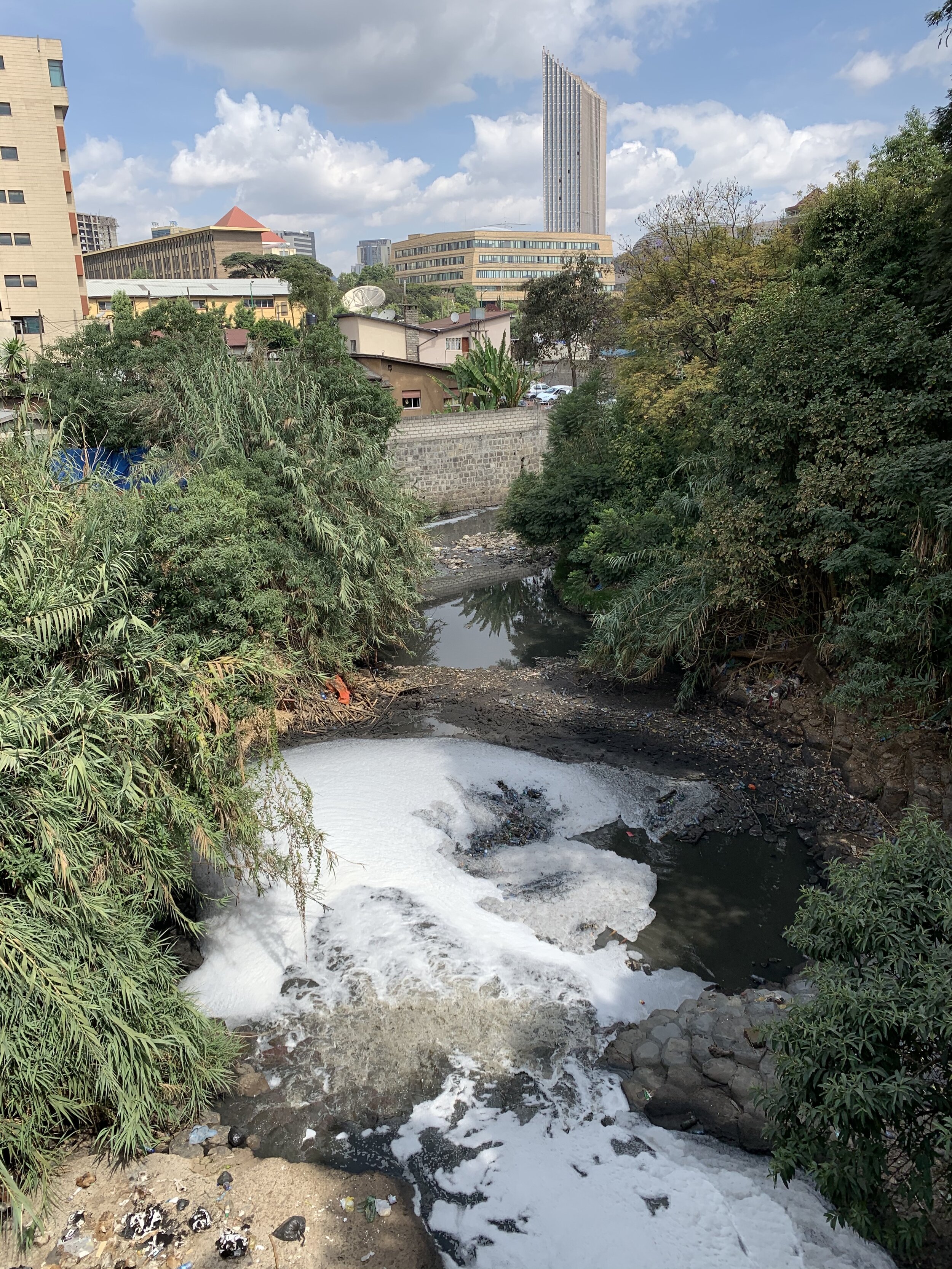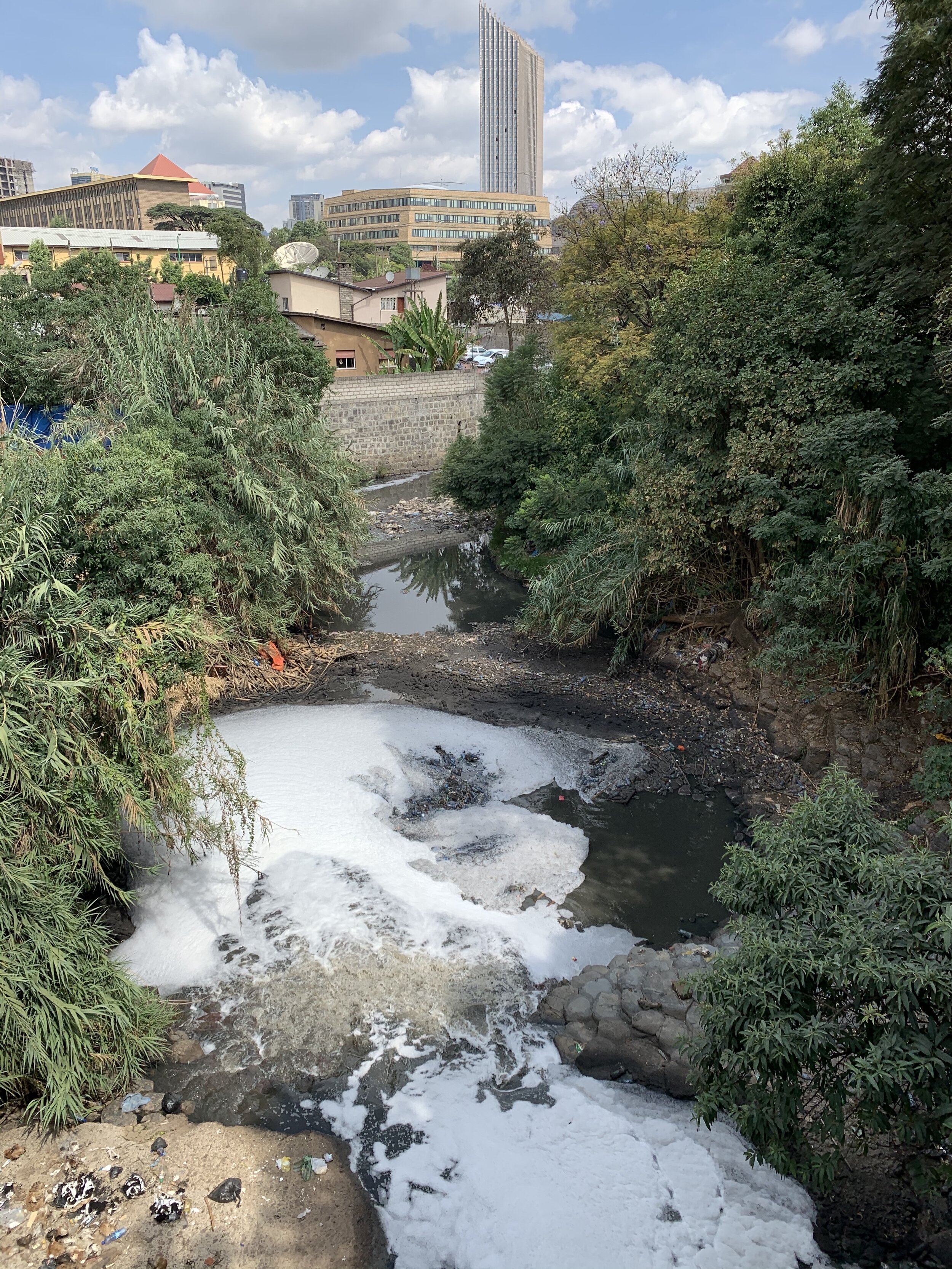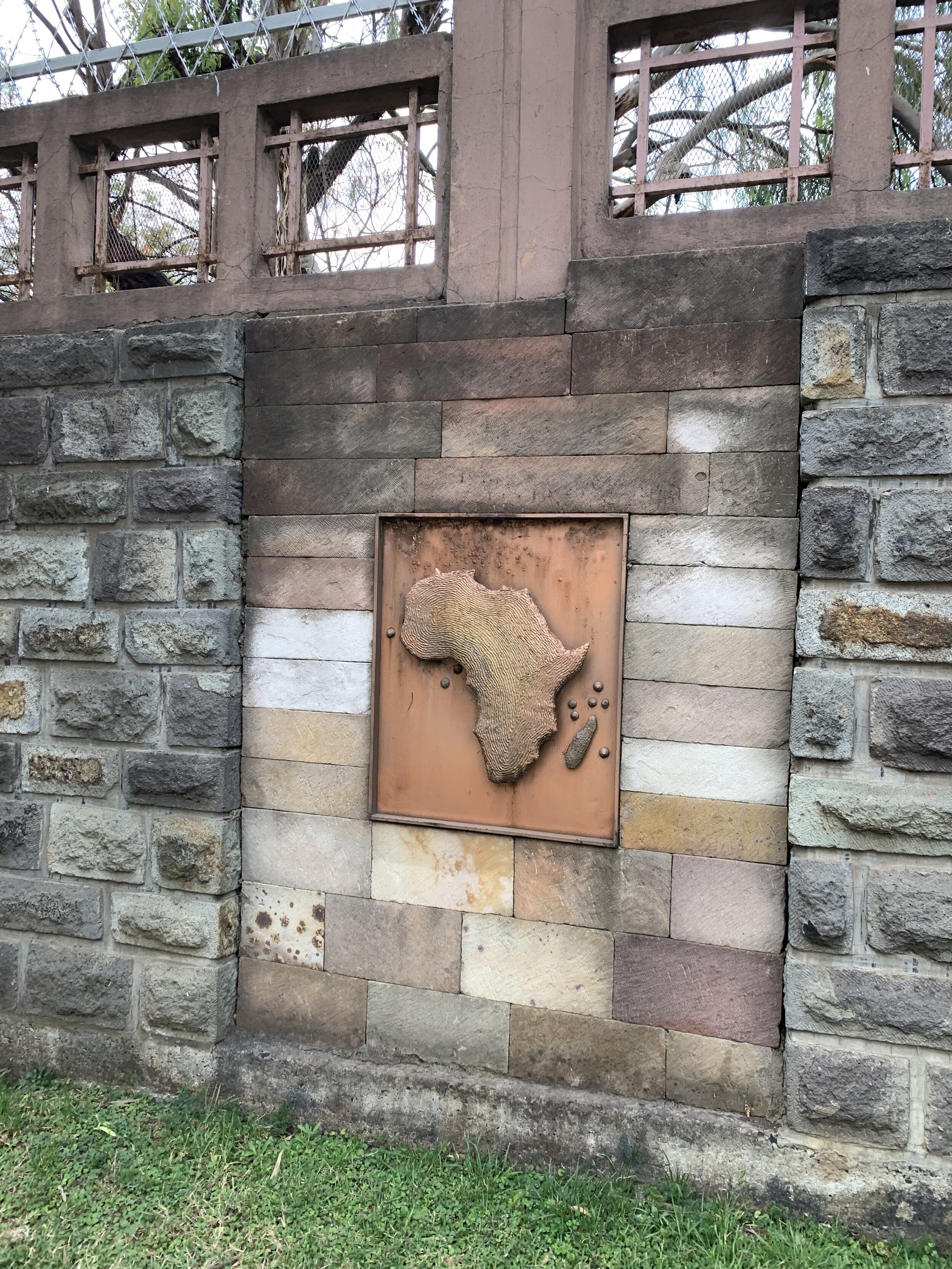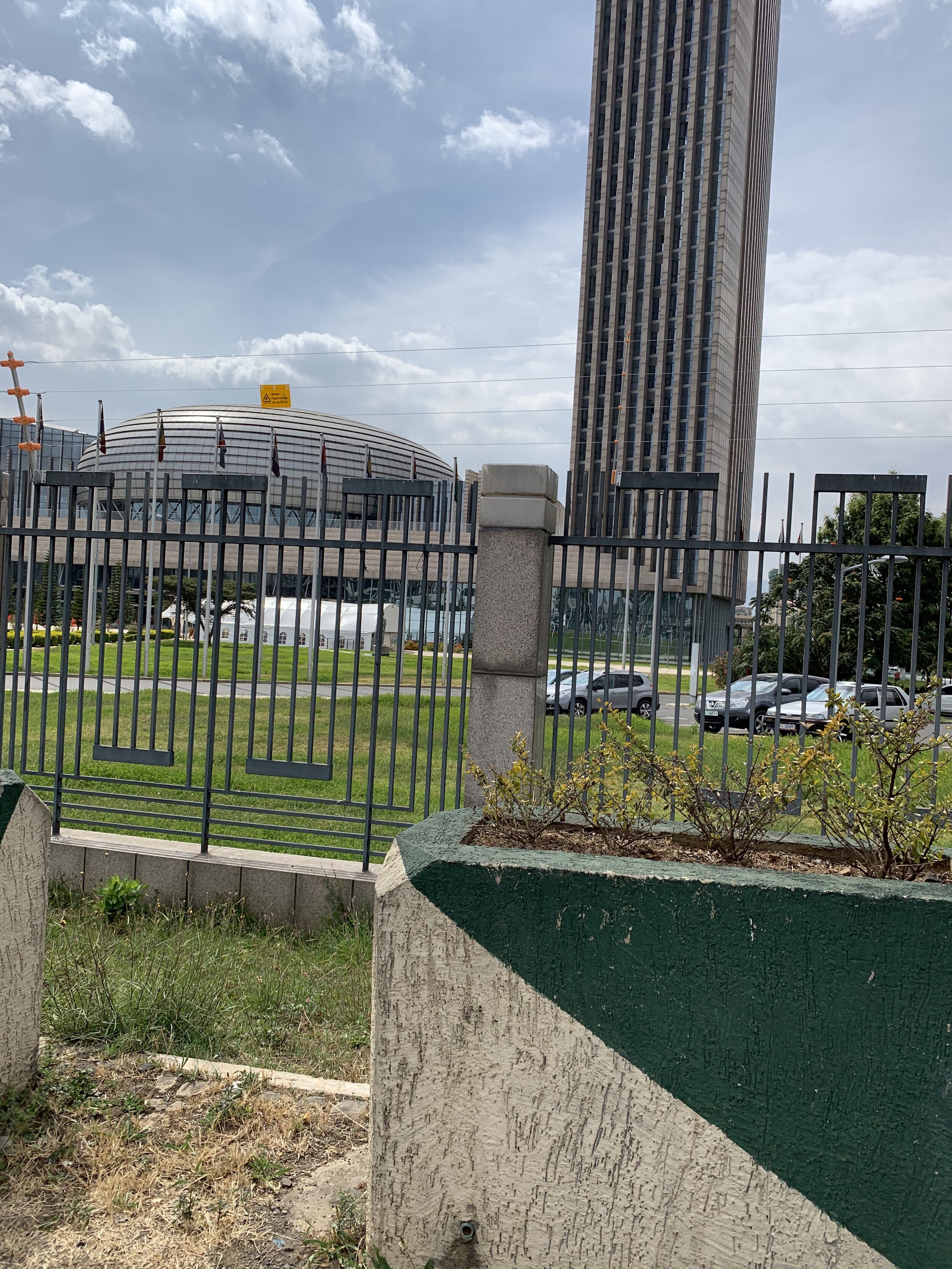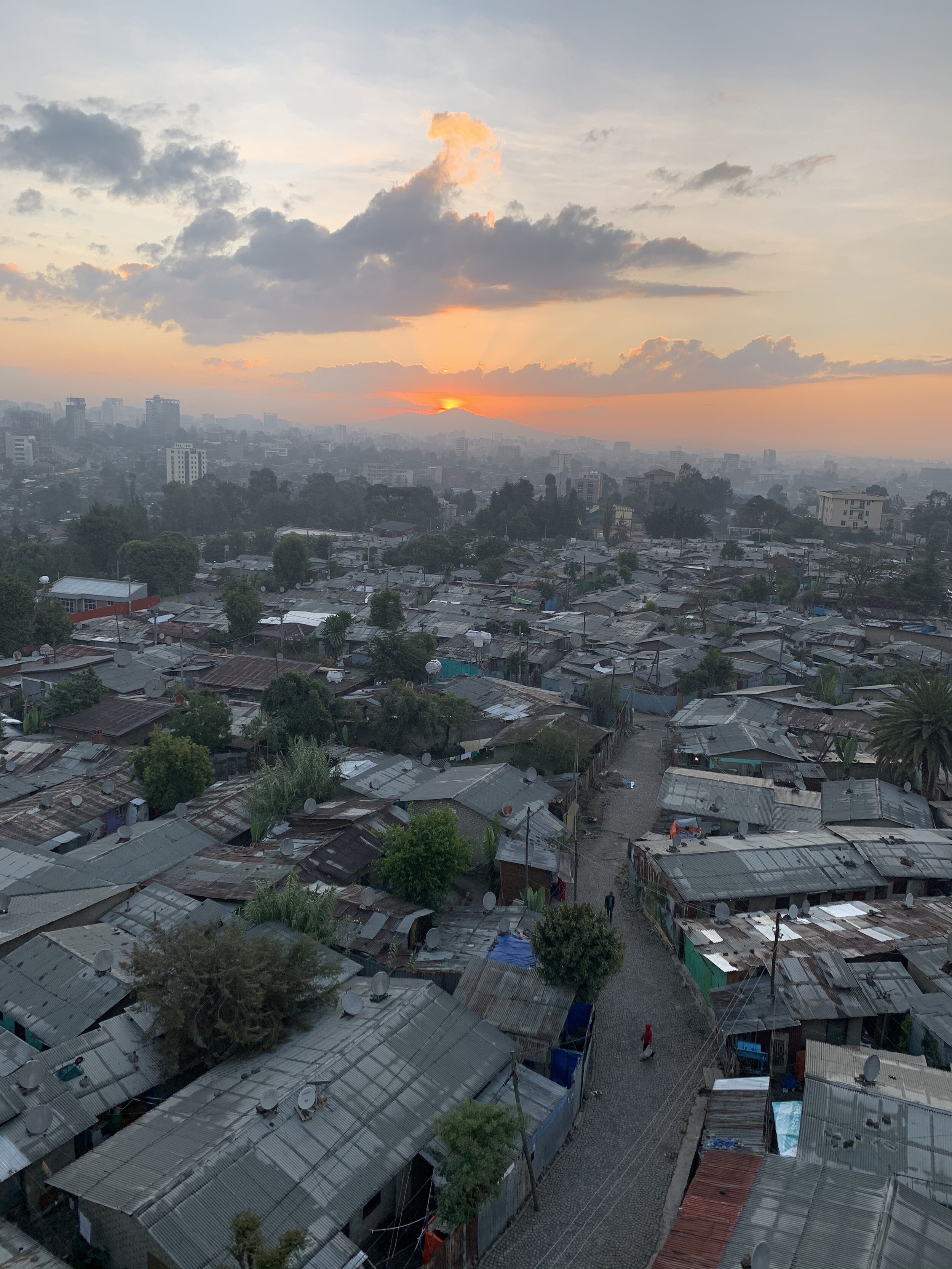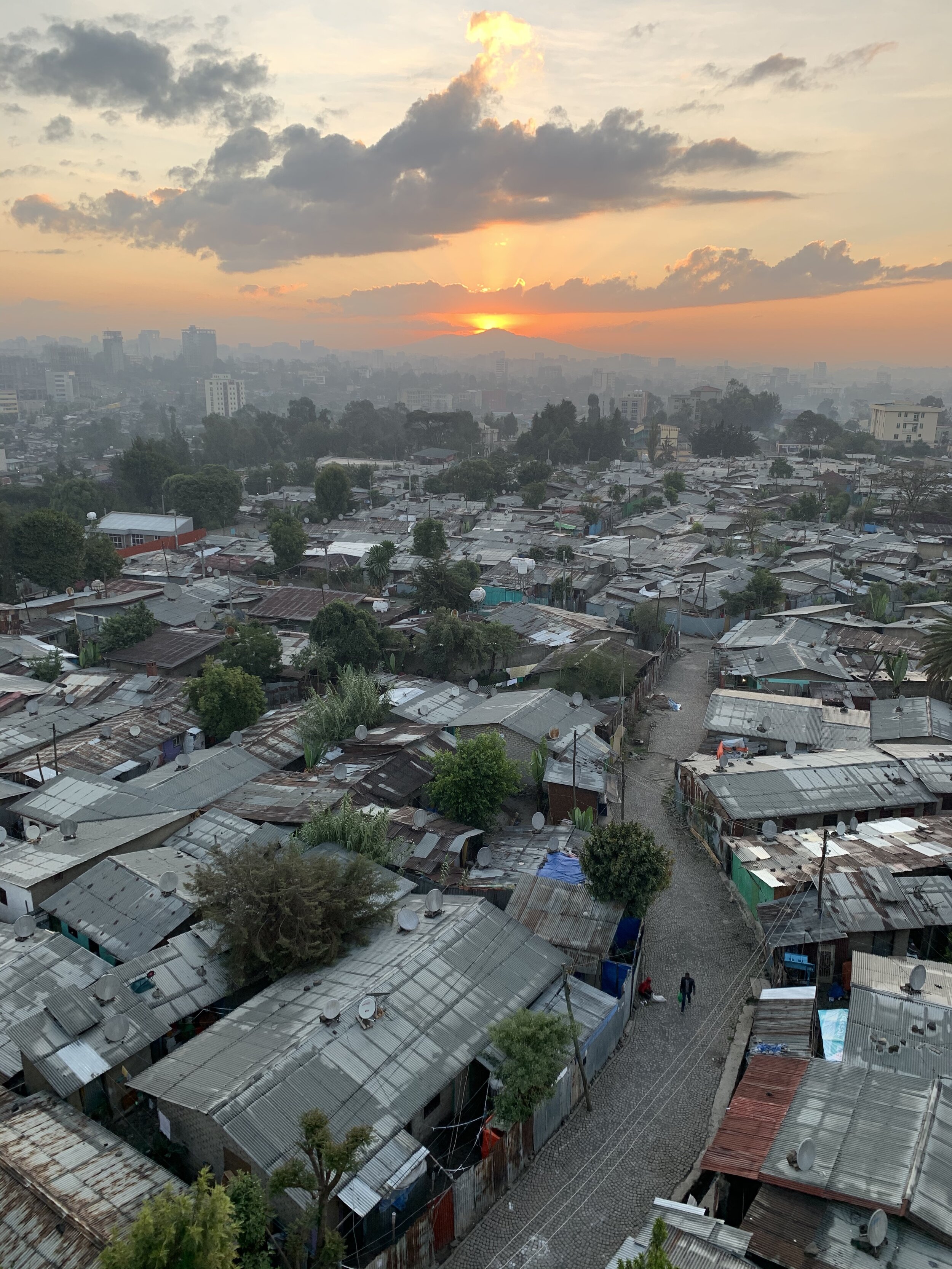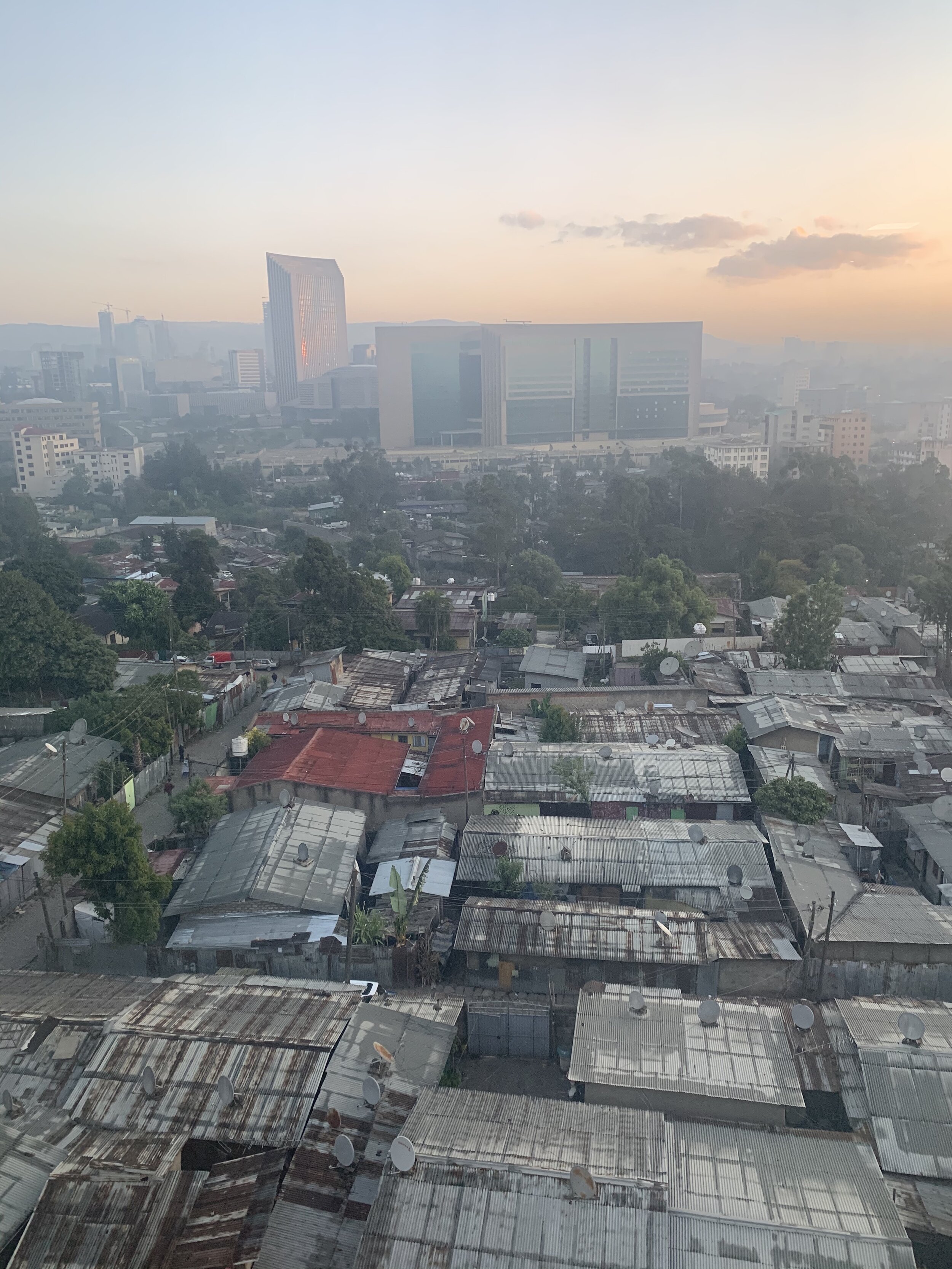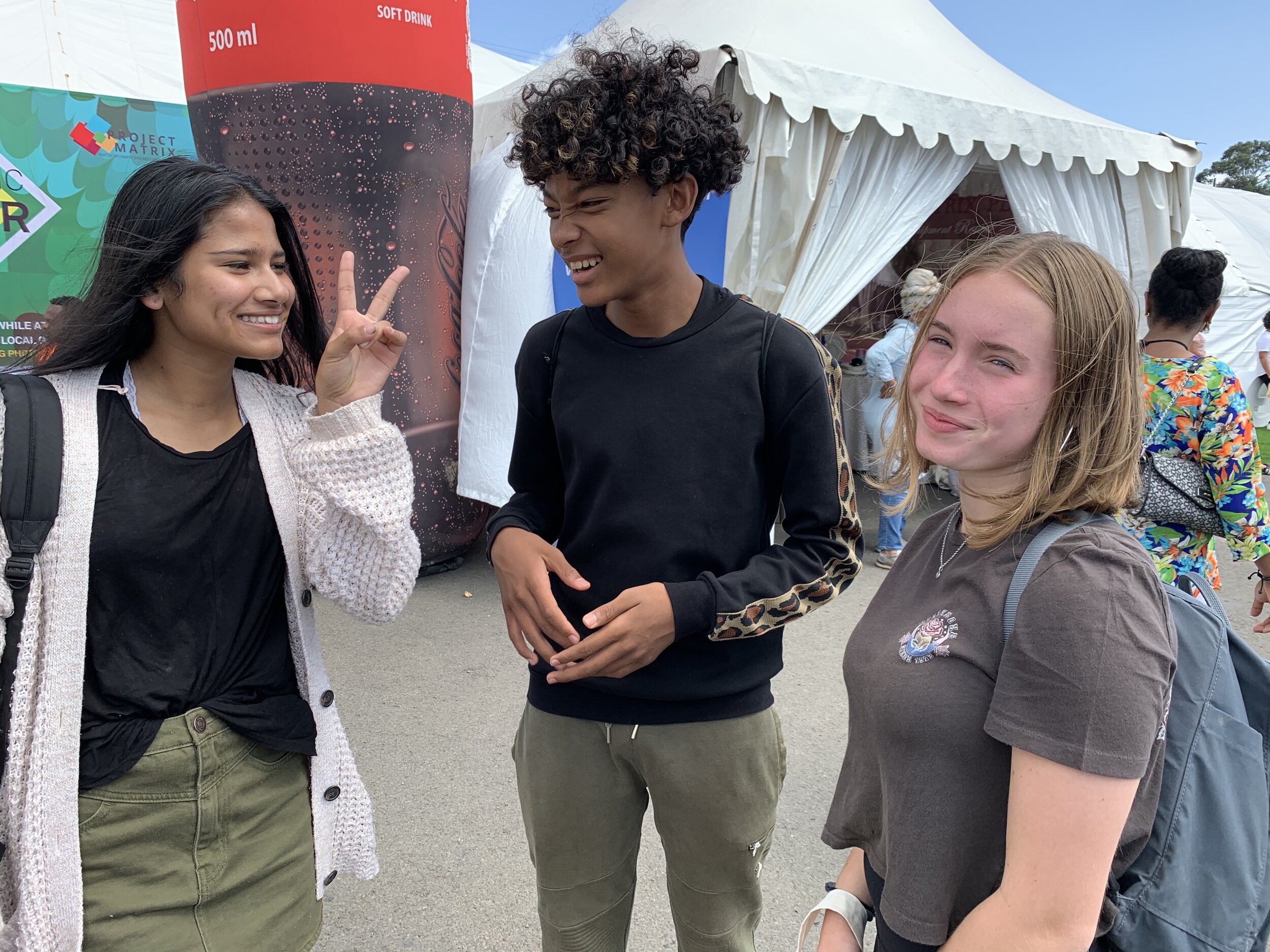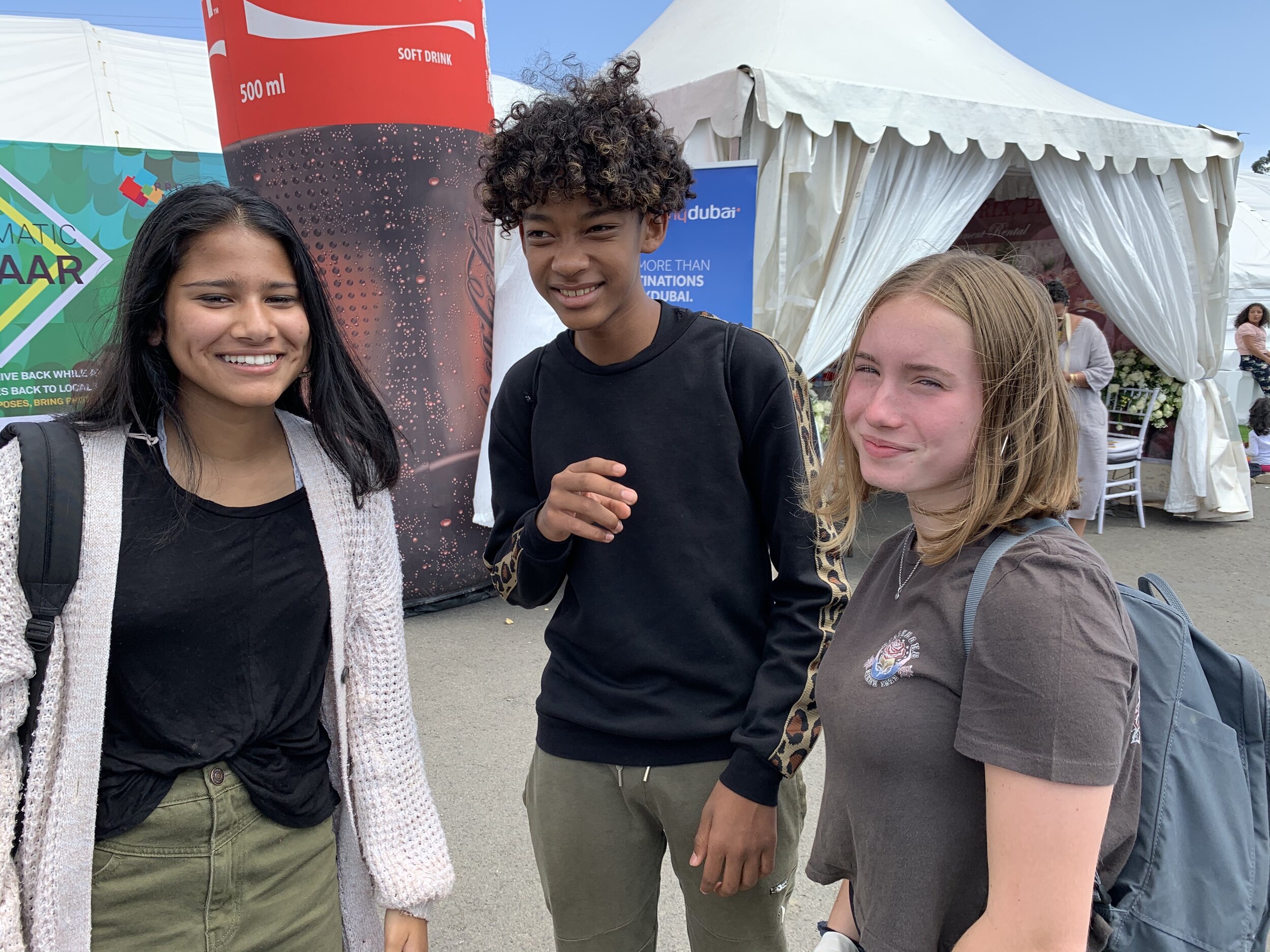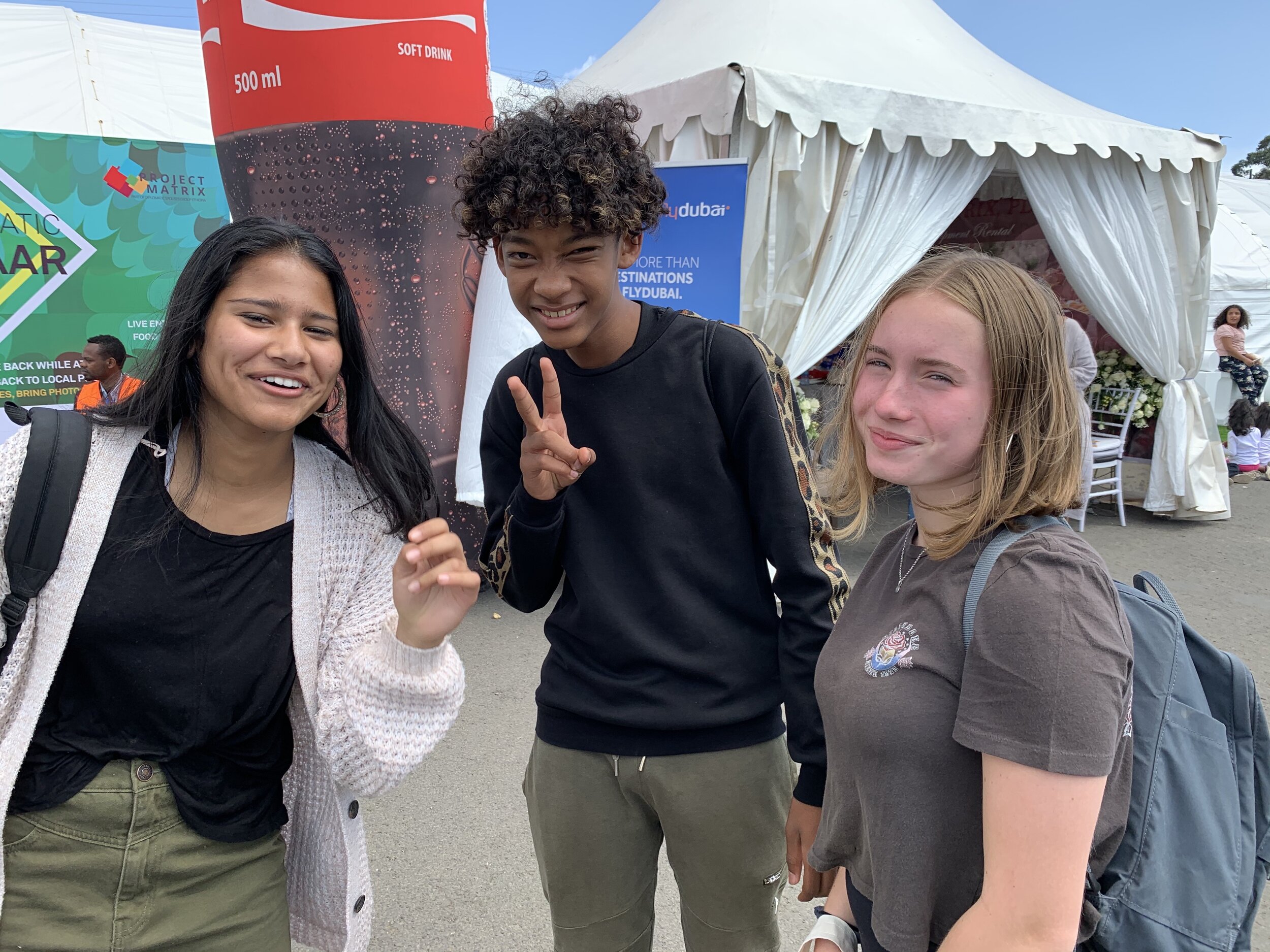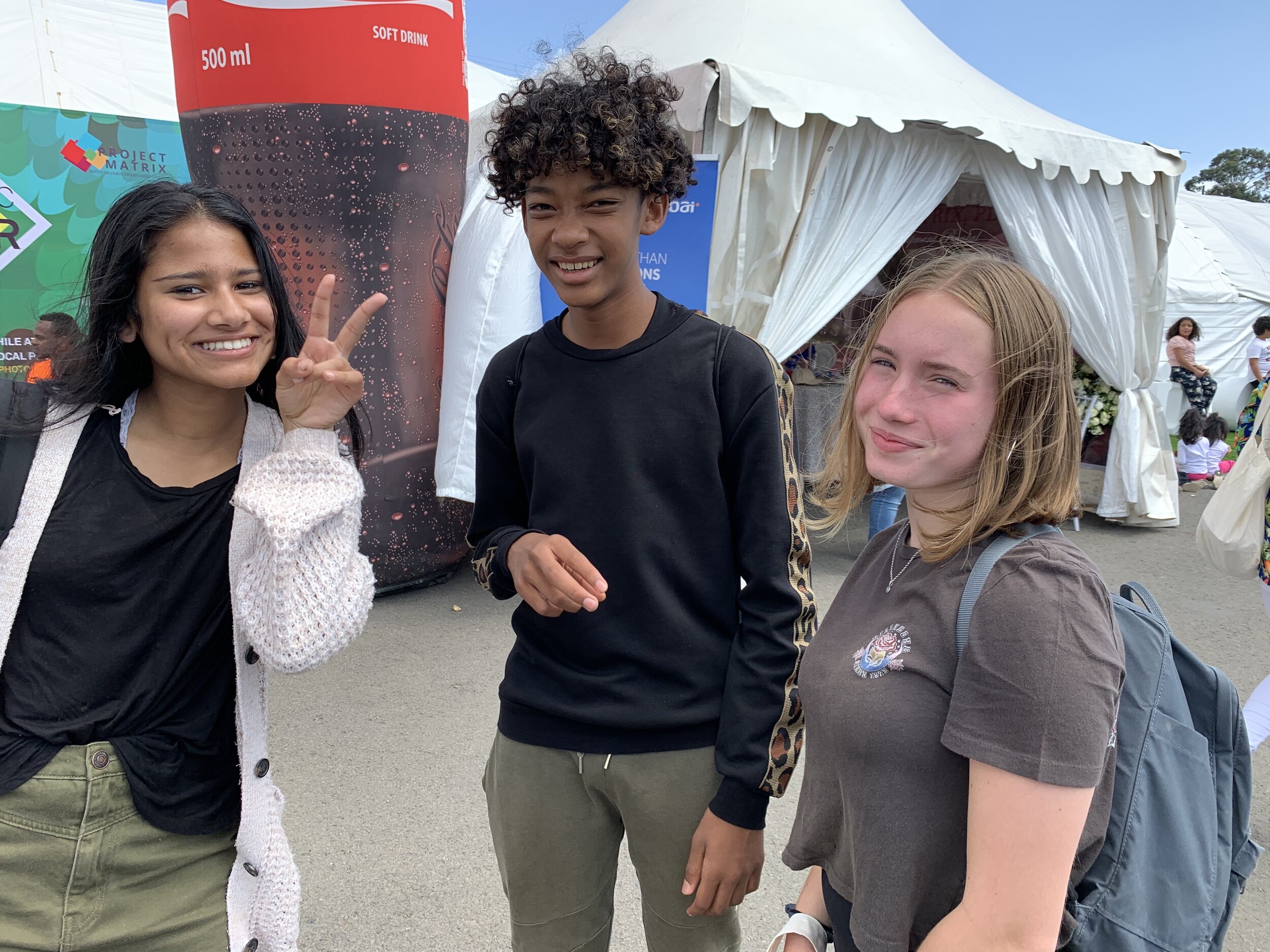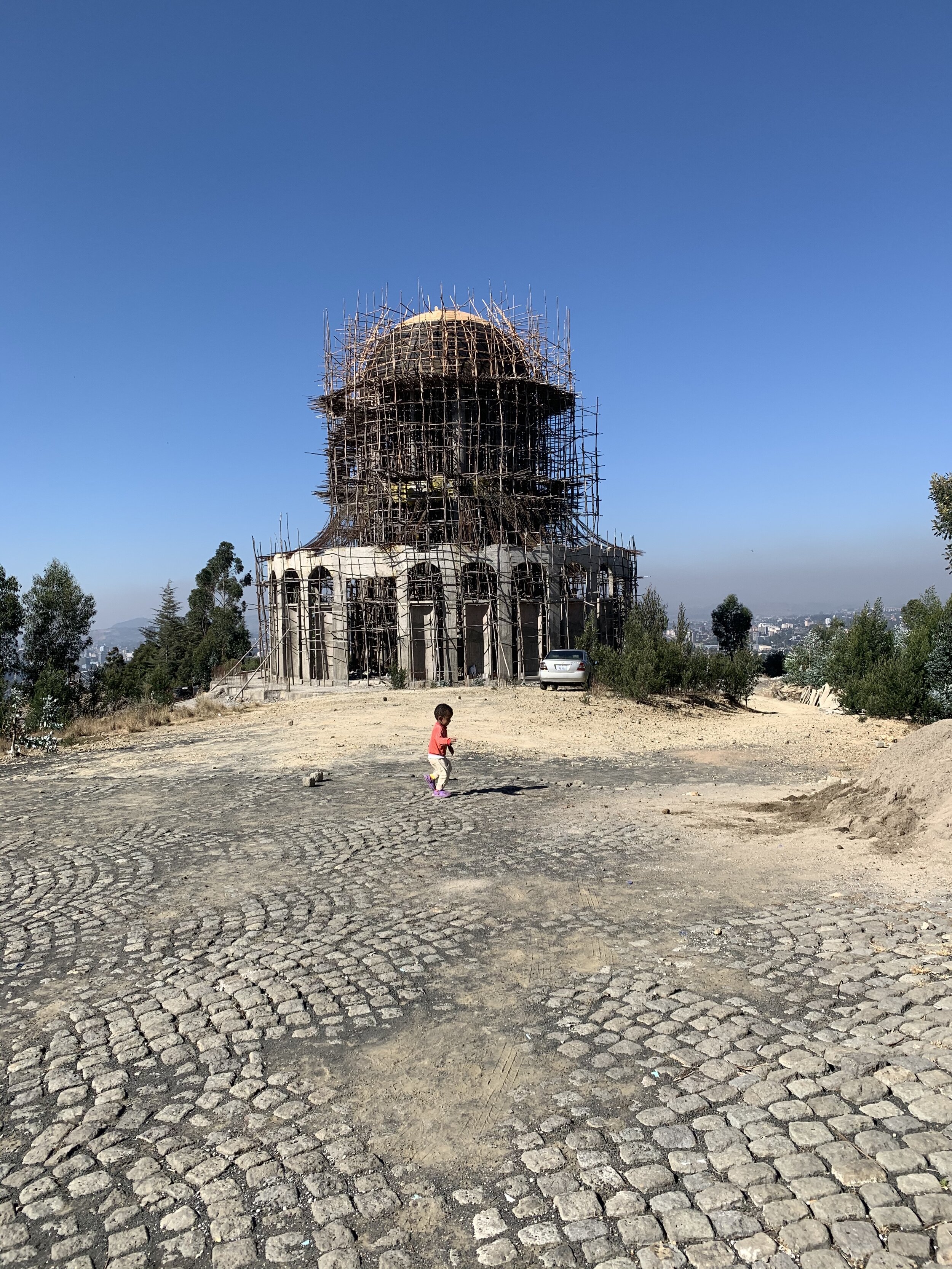Rummaging Round Up: Abiy's Nobel, Addis history, elections, rugby, street photography, and our upcoming Break away.
Time’s churning along. So much so that I’m offering a dizzying double-week Round Up in an attempt to recap some highlights. This weekend we’ll embark on a long holiday break. Maya’s done with her first semester at ICS. Sarah’s reached something of a mid-year check-in with the powers that be back Stateside. We’re on the cusp of a full four months spent in Ethiopia - more than a third of the time we’ll be away from America on this adventure. Before heading out for some much-anticipated travels, there’s no better time to cover some recent fascinations and newsy stuff.
Addis traffic was snarled Thursday morning when Prime Minister Abiy arrived home from Norway. Earlier this week during a ceremony in Oslo, he received this year’s Nobel Peace Prize. With the honor comes amped up attention and hopefulness unlike any placed upon an Ethiopian leader since the early decades of Emperor Haile Selassie’s rule.
I’ve looked for more of Abiy’s verifiable history. As a storyteller, what I’ve learned is stunning to me. He hits for the cycle on a compelling back story. Family (Muslim father, Christian mother, small town origins). Motivations (brother killed by the Derg inspired him to join an opposition led by a different ethnic group than his own). Evolving career choices (military, intelligence services, politics - all building a skill set that seemed to help with the next steps in his ascendancy). Fast forward to now and you have a leader with a biography that reads like a novel. At the same time, he’s besieged by a multi-layered, multi-ethnic opposition. He’s also frustrating people by not talking to the media, including while in Oslo where he didn’t follow the accessibility playbook of past Peace Prize winners. Turning the spotlight off no longer seems an option for Abiy. Or Ethiopia, for that matter. No matter what happens in the months ahead, this truly is a historic political era in a society that prides itself upon the catchphrase “Land of Origins.”
Referring back to an earlier post, I should recap the voting results that came in from last month’s referendum on establishing a new regional state in Sidama. The vote went smoothly according to almost all reports. Ethiopia had nine states. Now it will have ten.
What might the results from Sidama mean for next year’s national election? Opinions vary widely. Excuse me while I step back even further. When the Derg’s rule ended in 1991 and Ethiopia evolved into a federal parliamentary republic, national elections were scheduled to occur every five years in May. In May of 1995, the first election in the post-Derg era was held. Kick that can down the road through multiple hops and things set up for May 2020.
I had a related recent chat in a string of conversations with an American professorial-type who has lived in Addis for a very long time. He pointed me back to 2005 for insights, both in terms of what happened in Addis and nationally. The period of vote-counting following that May’s election was chaotic. And deadly. It led to an increasing concentration of power being held by one party (the Ethiopian People’s Revolutionary Defense Front or EPRDF). Subsequent elections have been viewed as less than awesome in the eyes of the usual observers (like the UN and other international NGOs). Abiy’s ascent to power in early 2018 came after the prior Prime Minister resigned and the Constitutional system of selection was tested. If this election occurs as planned…there’s plenty of talk about a short or longer delay…it will have much to say about Abiy’s larger attempts to move beyond the EPRDF’s recent control in the form of a new coalition (the Prosperity Party).
Turnout of registered voters in last month’s Sidama election was over 99%. Those voting in favor of establishing this new region were 98.5% of that massive turnout. I asked my American friend how a person or an issue or really anything could get those results. He explained that’s what happens when local leaders are lobbied and subsequently communicate to their followers how everyone should vote. I’ve also heard from others with extensive past postings in other nations where an appeal to local organizers brings with it incredible cohesion in the results. Looking for universal logic is surely a mistake. Sidama’s overwhelming results in favor of forming a new regional state most likely made complete sense to observers out in the field. I may not have any sense of that here in the capital, but I feel like I’m understanding a bit more about how these results can come in so convincingly.
So what does this mean for next May’s election? Talk to ten different people and you’ll get at least that many opinions. The one thing that I’m certain of is that I will have more to write about it. Please stay tuned for those and other updates.
Changing lanes, I continue to hear of Addis historical curiousities just below the surface of the multiple stories of newness being built everywhere. One of the most obvious sites is the African Union (AU) campus. It’s in view whenever we leave our apartment (see some of the pictures below). Yet what was there for more than 70 years prior to the AU has captured my imagination. What you can say about a presumably haunted past that can connect insightfully with the now and future Addis?
The headline being that there was a prison there. It went by many names. Alem Bekagn (meaning “Farewell to the World” in Amharic). Kerchele (a loose phonetic translation of the Italian word for prison - carcere - that took root in the era of Mussolini’s occupation of Ethiopia). Akaki (named for the tributary of the horribly-polluted Akaki River that runs near the former prison’s perimeter). Before the Chinese knocked it all down one day in 2007, it was a facility used by a Queen, a King, an occupying Nation, a brutal Marxist/Leninist regime, and a longer list of political and civic administrations. Yet there was never a memorial built, even though the AU’s central assembly building sits atop the former open courtyard of the prison. I’ve had many people tell me that it’s probably best that way. I don’t disagree. I do, however, have an ongoing curiosity about what people from here think when they look at the current AU campus buildings in the background. More people seem aware of the story of how the Chinese bugged the buildings presumably from the beginning until they were caught doing so in 2017. As Addis grows in leaps and bounds in all directions, I can’t help but wonder what things would look like if you could hack a time traveler’s ride and go back for a looksie.
